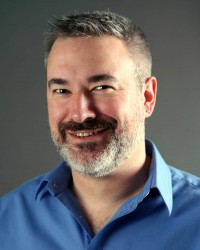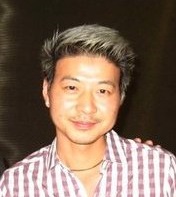This project seeks to better understand the health and psychosocial wellbeing of forced migrants and other displaced people who, at one point or another along their journeys, come across the US-Mexico border. In particular, our ethnography of care investigates sites and services operated by government and local non-profit organizations that provide care for asylum seekers at various stages throughout transit and resettlement. Our aims are 1) to document the transborder network of care for refugees and asylum seekers (which are made up of, but not limited to, physicians and other care workers; the volunteers and staff of both social justice or faith-driven community based groups providing reception or resettlement support; and lawyers, advocates, and policy makers concerned with immigrant rights who provide legal aid); and 2) to gain a better understanding of asylum seekers’ trajectories (along registers of geography, life course/well-being, and immigration status) once they are reasonably settled with their familial point of contact at their final destination in the United States. TASET will contribute to the development of sustained local, binational partnerships that can provide assessment of mental health needs and facilitate access to ethical, person-centered care for all as pressing matters of human rights and social justice occuring in one of the world's most trafficked border regions. The TASET team includes Alexis Burnstan BA, Cristina Calderon BA, Tiana McMann MA, Benjamin Merrill MA, and Brenda Wilson Ph.D. The research is funded by grants from the UC San Diego Academic Senate and PIMSA.
The Psychological & Medical Anthropology Seminar Series
The Medical and Psychological Anthropology Seminar provides support and coordination for research and graduate student training in medical and psychological anthropology, global health, and person-centered ethnography.
Fall 2022
Seminar 1: Allen Tran
|
Monday, October 17 | 10am-11:30am | Public Engagement Building 520 Speaker: Allen Tran, PhD, Bucknell University |
Seminar 2: Seth Hannah
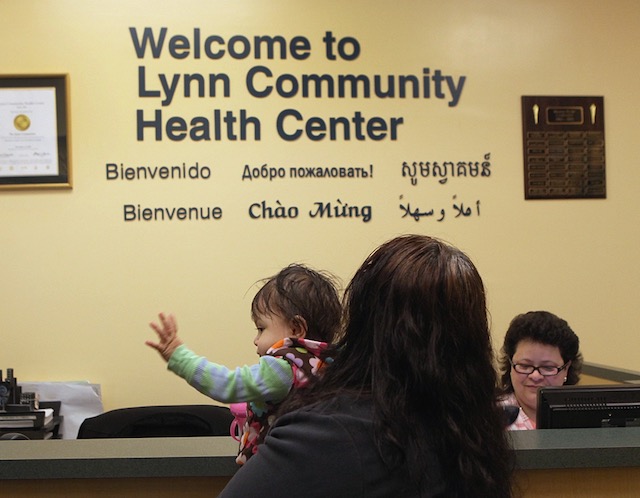 |
Monday, October 31 | 10am-11:30am | Public Engagement Building 520 Speaker: Seth Hannah, PhD, UCSD |
Programs designed to provide health care for newly arrived refugee populations often employ refugees and immigrants from those same communities to serve as medical interpreters and community health workers. These workers have the obvious advantage of linguistic competence, but may also possess cultural familiarity as well. This raises the question of whether they can use their cultural familiarity to enhance the quality of communication in clinical encounters by conveying deeper meaning that goes beyond literal translation. Cultural familiarity, however, is often strongest when interpreters have direct or indirect social connections with community members they are working with. This can complicate efforts to leverage cultural familiarity as concern for privacy and advocacy may influence how forthcoming both the interpreter and patient are during the encounter. This paper explores these issues through an analysis of 32 in-depth interviews with medical interpreters, clinicians, and management working at a community health center in the Northeast United States. We find that there are significant disagreements about how well community member interpreters are able to use their cultural familiarity in their work. Clinicians and management are skeptical of the ability of interpreters to leverage their closeness to the community without sacrificing accuracy and quality of interpretation. Interpreters acknowledge the ethical tensions inherent in their position, but feel it enhances their ability to advocate for high quality care for their patients.
Dr. Seth D. Hannah is a sociologist specializing in how race, ethnicity, and culture shapes the delivery of healthcare. He is the Academic Coordinator for the Master of Arts in Global Health Program. Dr. Hannah earned his Ph.D. from Harvard University in 2011 after completing a predoctoral training program in Inequality and Social Policy from Harvard’s Kennedy School of Government and another in Culture and Mental Health Services from Harvard Medical School. He is co-editor and co-author of Shattering Culture: American Medicine Responds to Cultural Diversity, published by the Russell Sage Foundation. His research also appears in journals such as Culture, Medicine, and Psychiatry and Transcultural Psychiatry.
Seminar 3: Ellen Kozelka
 |
Monday, November 14 | 10am-11:30am | Public Engagement Building 520 Speaker: Ellen Kozelka, PhD, Robert A. 1925 and Catherine L. McKEnnan Postdoctoral Fellow, Dartmouth College |
The transition to and acceptance of digital mental health tools at the onset of the COVID-19 pandemic has been heralded as a “paradigm shift” for providing and accessing care (Torous et al 2021). While research has shown that both clinicians and patients find digital tools acceptable, this is counteracted by their concerns about privacy, efficacy, personalization, as well as their ability to assess the thousands of applications available for these qualities. In response to these concerns and expert calls for support to address them (Ben-Zeev et al 2015), our team developed the Technology Specialist Intervention (Carpenter-Song et al 2022). After a successful feasibility study, we launched a pilot intervention in late 2021 amid continuing COVID-19 protocols, presuming the rapid adoption of technology would facilitate the incorporation of the technology specialist. Despite the success of the technology specialist role, the shift to virtual care delivery at the community mental health center created and exposed barriers to the implementation and uptake of digital tools. In this talk, I will describe key barriers exposed during the implementation of the technology specialist pilot at the institutional, provider and client levels. I will then present our re-framed method of contextual engagement to help direct research and practice toward collaborative and equitable action strategies for long-term success in community health settings.
Spring 2022
Seminar 1: Tamara Turner
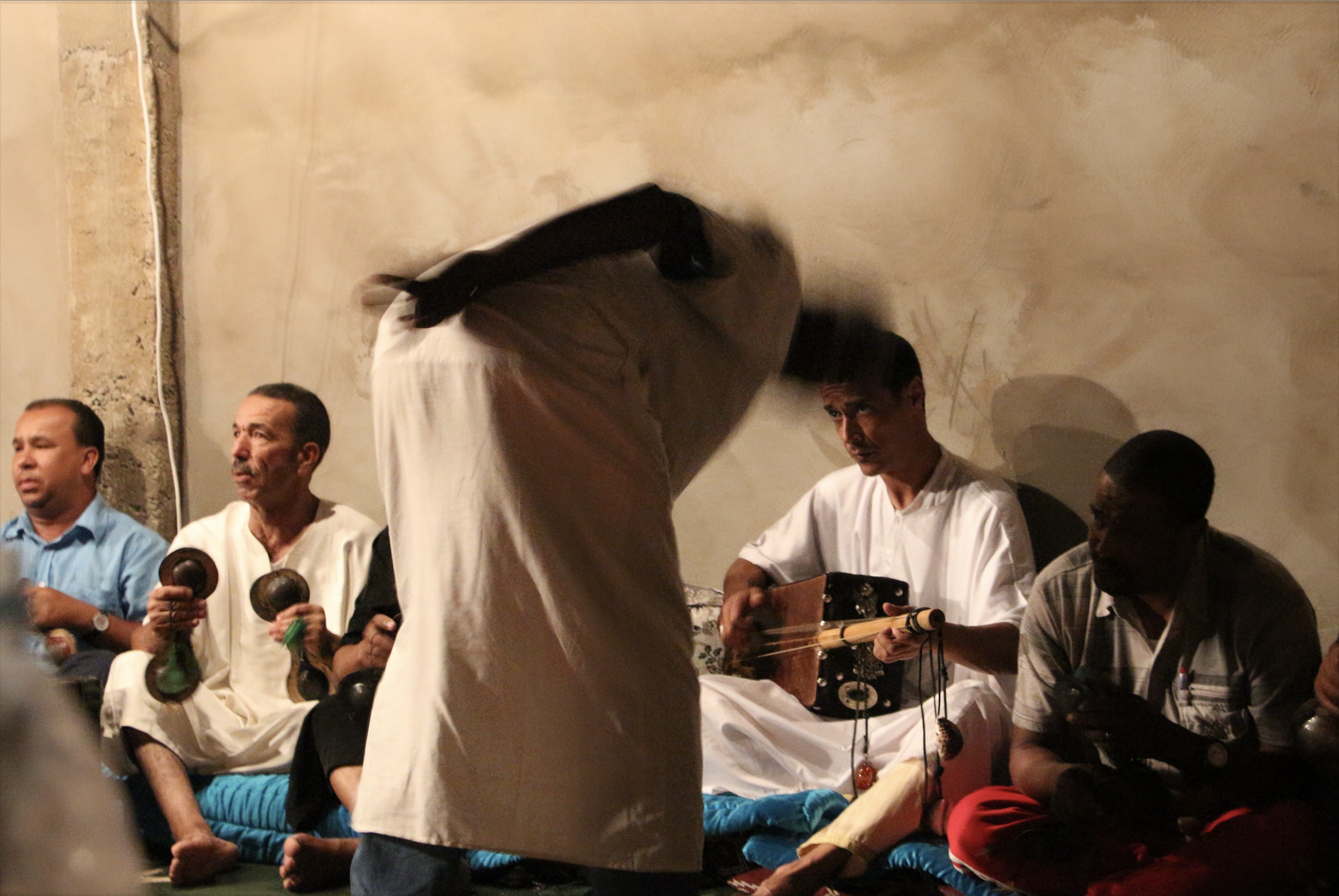 |
Monday, April 18 | 10am-11:30am | Zoom Meeting Speaker: Tamara Turner, Max Planck Institute for Human Development, Berlin |
In the Algerian Sufi music ritual called dīwān, the melodies of saints and specters of the trans-Saharan slave trade ripple through shared space, gripping bodies and kindling trance. Dīwān emerged over three centuries of trans-Saharan trafficking of numerous sub-Saharan ethnic groups. Accompanied by their spirits, ancestors, and community histories, these populations gradually intertwined with local religious practices and structures of Sufi lineages pervasive in the region, coalescing into a Black African diaspora within “white” (Arab, Berber) North Africa. Today, the descendants of these communities utilize music rituals for the therapeutic purpose of moving feelings through the body to the point of affective ignition and emotional release. How do histories of enslavement and ostracism form the ground of musically cultivated trance as somatic techniques of transformation? This talk explores these questions by providing an ethnographic account of dīwān, a little known and understudied nocturnal music ritual and sister tradition of Moroccan gnāwa, Tunisian sṭambēlī, and Sudanese zār. While engaging with and cross-examining canonical approaches to ethnomusicology of trance, I situate the musico-ritual aesthetics of dīwān as they attend to and care for suffering members of the community. Similar to Friedson's (1996) notion of “dancing one's disease,” in dīwān, concepts of suffering and healing privilege the musicking of bodies. Care and “medicine” are constituted by haunted temporalities and the presencing of pain and suffering.
Tamara Turner (Max Planck Institute for Human Development, Berlin) is an ethnomusicologist and cultural anthropologist working at the intersection of psychological anthropology, musical and performance practice, and affect studies. She specializes in North African Sufism, anthropology of religion & medicine, and the links between cultural notions of affect, consciousness, and mental-emotional health particularly in Algeria and Morocco. Her award-winning doctoral thesis was the first research to thoroughly document the musical repertoire, practice, and history of Algerian diwan, a nocturnal trance ritual of the Bilaliyya Sufi Order that emerged out of the trans-Saharan slave trade. As a musician as well as a scholar, she studied with ritual musicians and experts, attending and documenting rituals across Algeria from the Mediterranean coast to the Sahara Desert.
Seminar 2: Rebecca Seligman
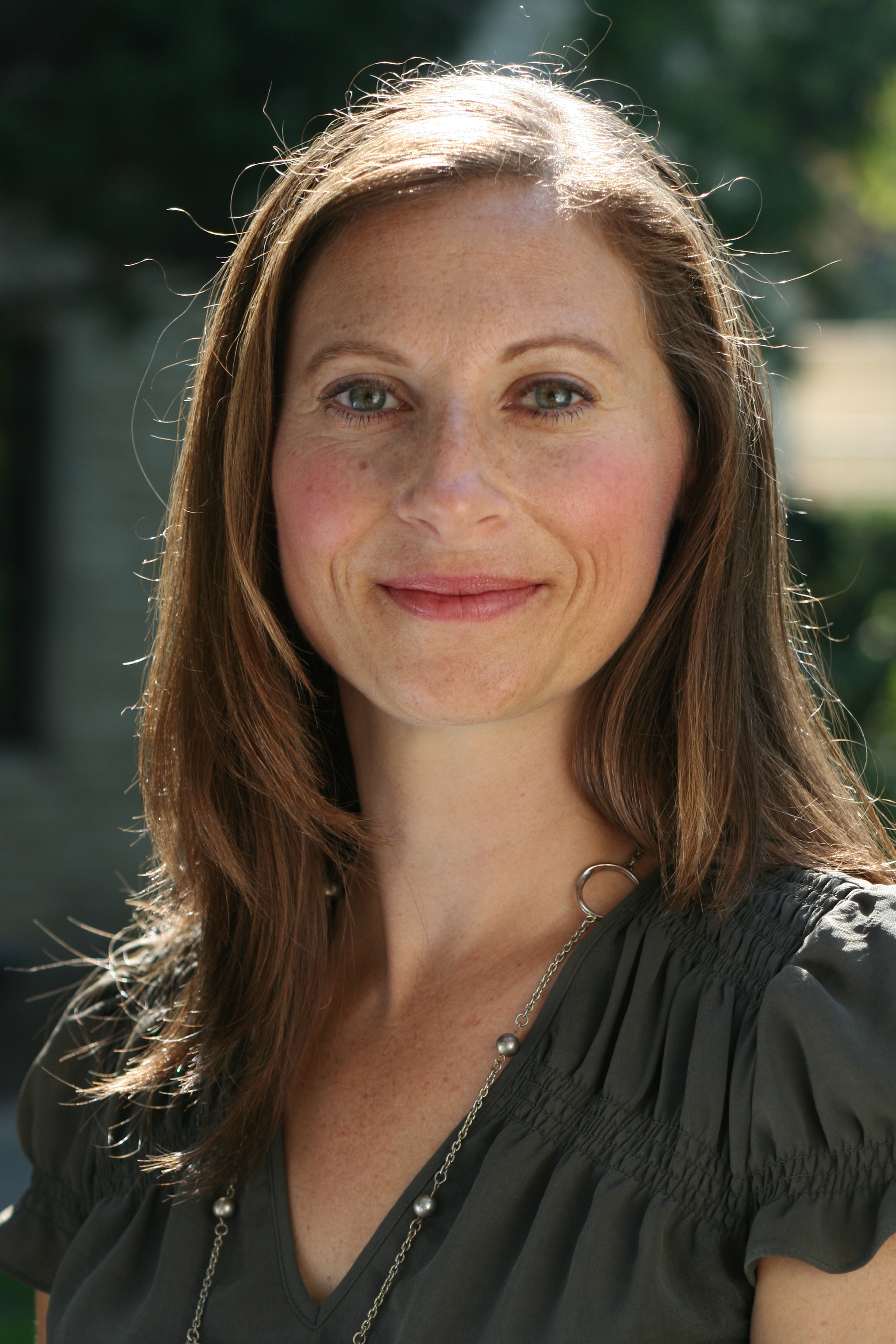 |
Monday, May 9 | 10am-11:30am | Zoom Meeting Speaker: Rebecca Seligman, PhD, Northwestern University |
From Sensations to Symptoms: The Social Shaping of Functional Illness Experience
Functional Neurological Disorder (FND), otherwise known as Conversion Disorder and once known as hysteria, is characterized by abnormal sensory or motor symptoms that are determined to be “incompatible” with neurological disease. FND patients are a challenge for contemporary medicine. They experience high levels of distress, disability, and social isolation, yet a large proportion of those treated do not get better. Patients with FNDs are often misdiagnosed and suffer from stigma, dysfunctional medical encounters and scarcity of adequate treatments. I argue that medicine’s struggle with FNDs is itself a symptom of a biomedical ontology that constrains the medical imagination, impedes understanding of mind-body processes and constrains what is understood to be possible, real, and treatable. In this talk, I use a cross-culturally and historically situated comparative approach in order to propose a framework for better understanding mind-body processes. In particular, I examine the work of 2 main, interconnected factors: 1) cultural expectancies that shape the meanings of sensations and the process through which symptoms come into being; and 2) the social scaffolding of such expectancies and exposures. I draw on ongoing research with people living with FND to suggest ways in which to integrate such understandings into clinical care.
Rebecca Seligman, PhD, is Associate Professor of Anthropology and Faculty Fellow at the Institute for Policy Research at Northwestern University. Dr. Seligman’s current research investigates the embodiment of individual and social meanings in illness and healing. She is the Principal Investigator of the WT Grant Foundation study “Cultures of Care” which investigates Mexican American adolescent experiences of mental health care. She is also PI of the National Science Foundation funded study “From Sensations to Symptoms: The social shaping of functional illness experience.” Her published works focus on cultural therapeutics, healing and self-transformation, mental health and religious practice, and the anthropology of psychotherapy.
Seminar 3: Steven Carlisle
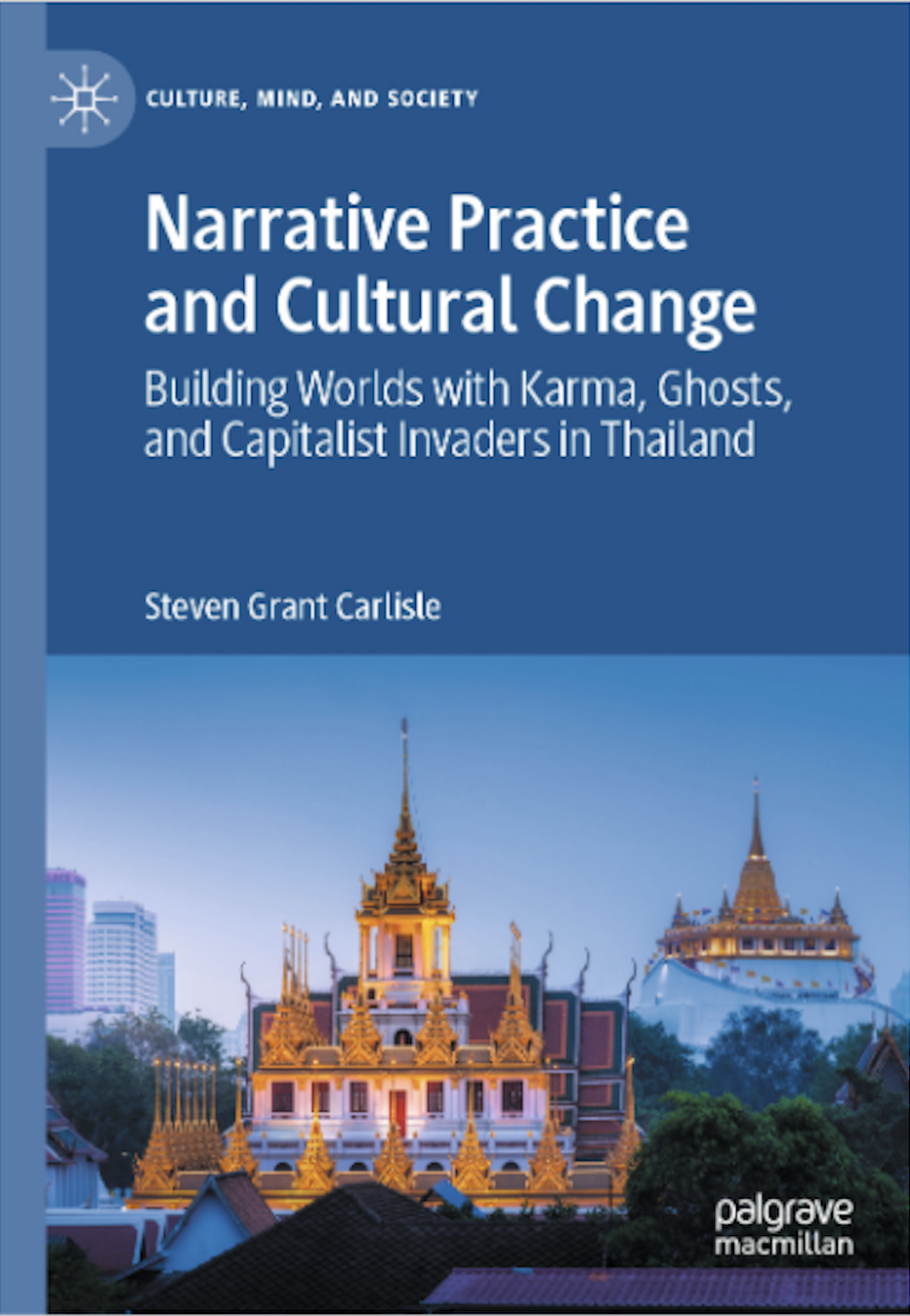 |
Monday, May 16 | 10am-11:30am | Zoom Meeting Speaker: Steven Carlisle, PhD, CSU San Marcos |
Ghosts, Love, Karma, and the Narrative Construction of Reality
Winter 2022
Seminar 1: Isabel Castro
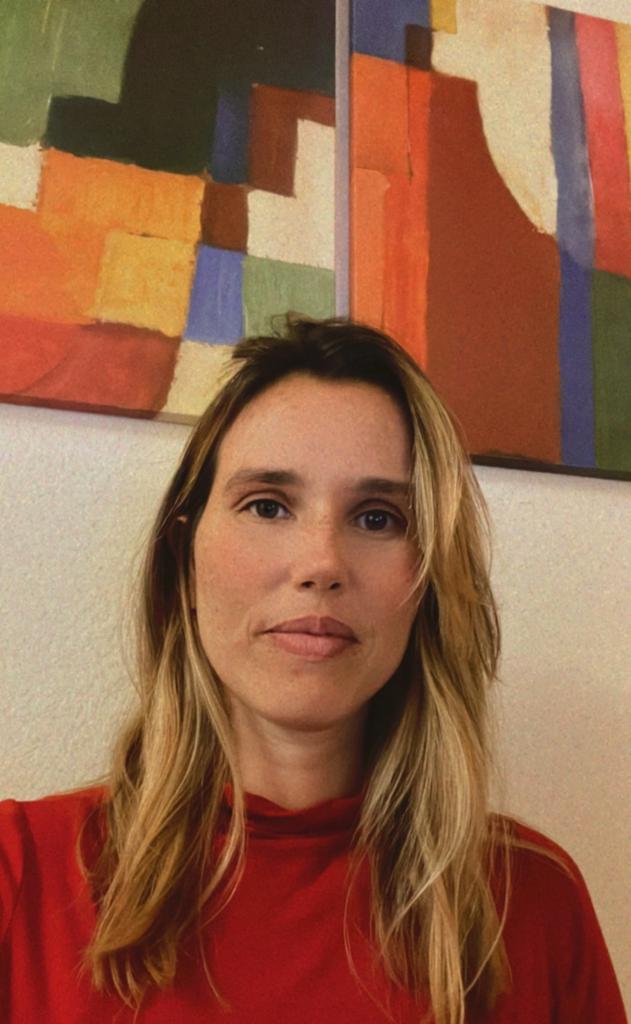 |
Monday, January 24 | 10am-11:30am | Zoom Meeting Speaker: Isabel Castro M.A., Visiting Doctoral Scholar from Federal University of Rio de Janeiro in Brazil, |
The spiritual and secular practices of meditation in the West
The Indian scriptures describe meditation as yoga´s scientific method to divine self-realization. However, western cultural approach of meditation in the 21st century shows a secular practice related to the promotion of health and well-being. My research examines these two concepts of meditation, contrasting the spiritual and the secular practices of meditation in the west. I argue that western cultural borrowing of meditation is a response to the new contour of suffering and illness in a globalized society. I also propose that understanding Eastern origins of meditation could benefit the western society in the search for health and well-being. I intend to establish this holistic approach through the work of Paramahansa Yogananda, considered the pioneering father of yoga in the west. An ethnographic fieldwork is being conducted in Self-Realization Fellowship, a worldwide organization founded by Yogananda to disseminate the universal scientific method of divine communion in the West. Therefore, I intend to conduct a cross-cultural study in the Temples of Rio de Janeiro (Brazil) and Encinitas (California) to study the outcomes of this science when applied in a practitioner’s daily life, considering topics such as health, happiness, meaning of life, changes in life and social well-being.
Isabel Castro is a clinical psychologist since 2010 with a Master’s degree in clinical psychology from Catholic Pontifical University of Rio de Janeiro. Currently she is a PhD doctoral scholar in History of Sciences, Technique and Epistemology program at Federal University of Rio de Janeiro in Brazil, and a visiting scholar in the Anthropology Department at UCSD. Her research is focused on the possible dialogues between western science and ancient eastern wisdom, with particular emphasis on historical discussions about concepts of reality, human nature, and human experiences of existence. Her research methodology takes a qualitative approach guided by conceptual contrasts of different perspectives that comes from her accumulated academic knowledge, her years of clinical practice and her meditation studies.
Seminar 2: Tala Al-Rousan
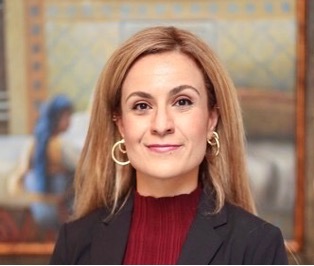 |
Monday, January 31 | 10am-11:30am | Zoom Meeting Speaker: Dr. Tala Al-Rousan, MD, MPH, Assistant Professor and founding Faculty at the Herbert Wertheim School of Public Health at UC San Diego |
A Tale of Two Border Cities: Refugees on the Move and Health Along the Migratory Route
A physician scientist and global health epidemiologist conducting clinical trials and public health interventions to improve the health of refugees globally and understand the impact of forced migration and institutionalization on health. Her current research focuses on chronic disease management, cognitive and mental health of refugees living in refugee camps, detention centers and in community settings in the Middle East and the United States.
Seminar 3: David Grelotti
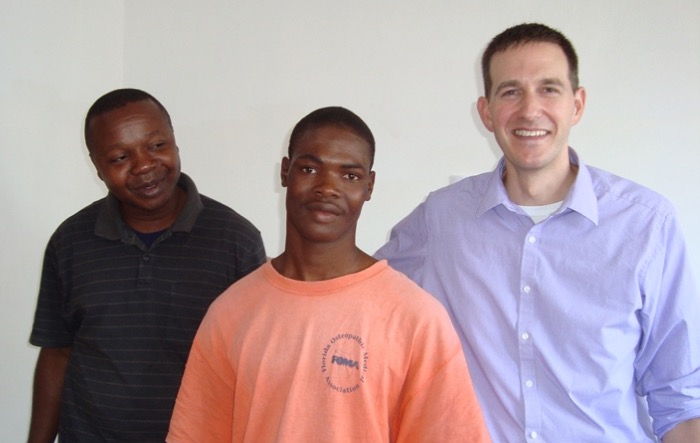 |
Monday, March 7 | 10am-11:30am | Zoom Meeting Speaker: David Grelotti, MD, Associate Professor of Psychiatry at UCSD |
Fall 2021
Seminar 1: Bridget Haas
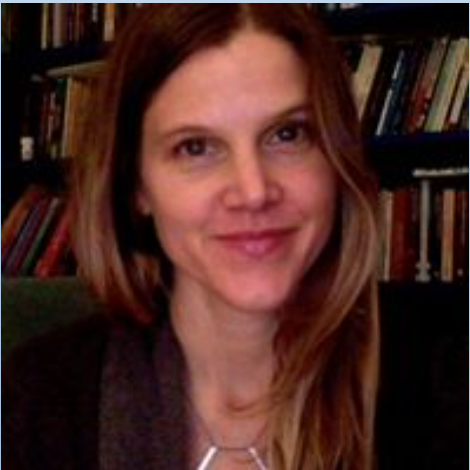 |
Monday, October 4 | 10am-11:30am | Social Sciences Building 107 - Dean's Conference Room Speaker: Bridget Haas, PhD, Case Western Reserve University |
“Asylum Takes So Much of You:” The Affective Debris of the US Asylum Regime
Drawing on longitudinal ethnographic fieldwork with affirmative asylum applicants in the Midwestern United States, this presentation traces the lived experiences of various aftermaths of asylum case outcomes (a granting or denial of an asylum claim). In doing so, I argue that the socioemotional and psychological effects of the asylum regime were not bounded by the temporal parameters of the asylum adjudication period. Rather, the experience of asylum-seeking had consequences that far outlasted a granting or denial of asylum. In particular, I focus on the affective debris of the bureaucratic violences of the US asylum system and its embodied and transnationally shared effects over time, even when the outcome was desired—a granting of asylum status
Seminar 2: Lillian Walkover
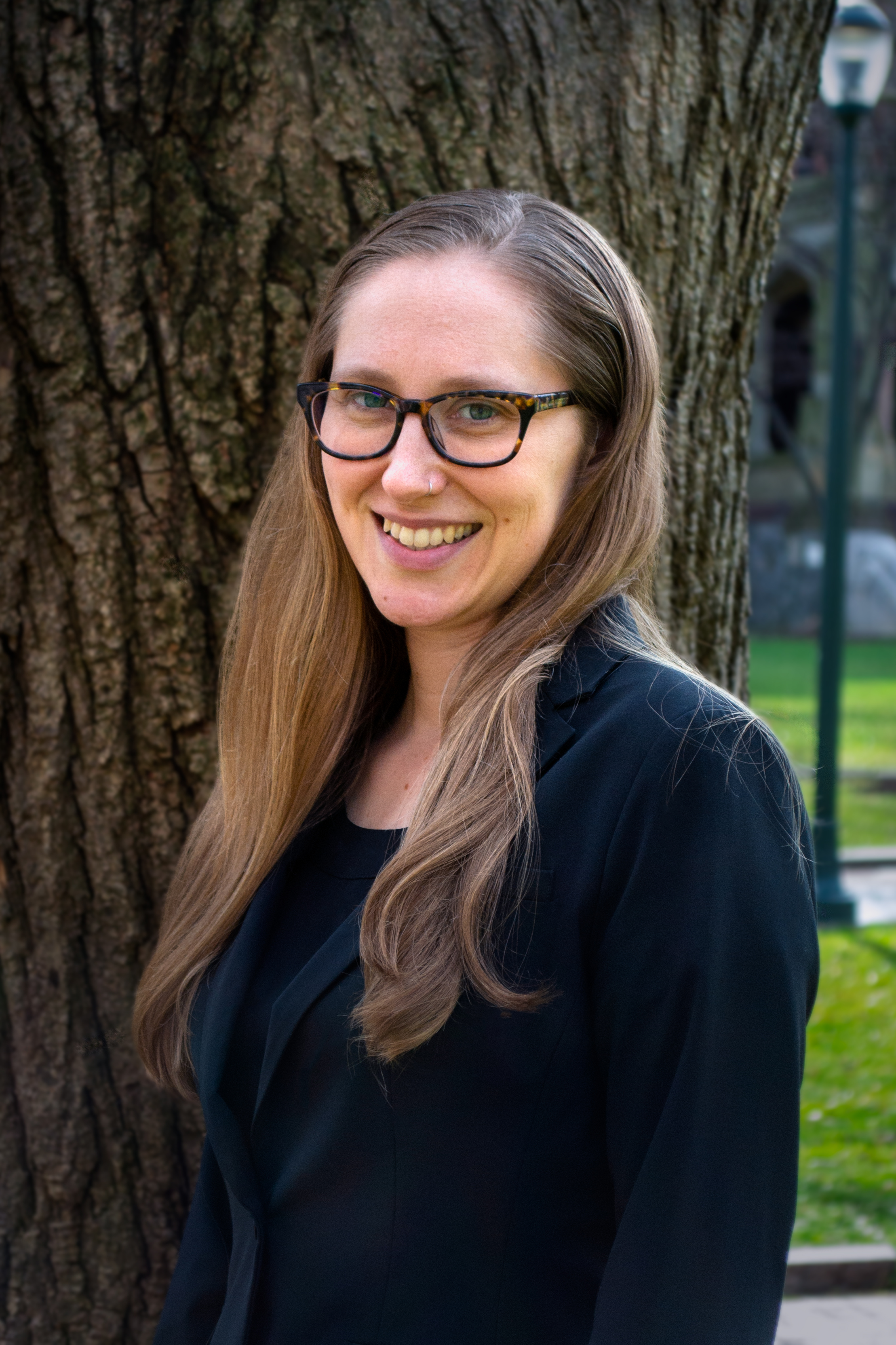 |
Monday, November 1 | 10am-11:30am | Social Sciences Building 107 - Dean's Conference Room Speaker: Lillian Walkover, Assistant Teaching Professor, Department of Communication and Global Health Program, UCSD |
Translating Where There Is No Doctor: How the production of local knowledges propelled a health text’s global travels
How does information about health travel around the world? Where There Is No Doctor was first published in the 1970’s, written by American volunteers and Mexican community health workers. The book spread around the globe with health social movements to become the most widely used health manual in the world, and has been translated into over 80 languages. My research explores translations and adaptations in Hindi, Tamil, Kannada, and English for use in India, and I argue that Doctor’s invitation to adapt content and illustrations to meet local needs propels its global travels. I position this against models of top-down global dissemination and situate the argument at the intersection of critical global health, postcolonial science and technology studies, and sociology of health and illness.
Seminar 3: Brenda Wilson
 |
Monday, November 22 | 10am-11:30am | Social Sciences Building 107 - Dean's Conference Room Speaker: Brenda Wilson, PhD Postdoctoral Scholar and Lecturer Global Health Institute & Global Health Program |
Given the increased recognition of the importance of training a global health workforce how to understand and address health inequalities, how and in what ways do short-term experiences in global health [STEGH] grapple with the root causes – the structural and social determinants of health inequalities – as experienced by marginalized local communities? My qualitative research follows six STEGH programs that send American university students abroad to provide health-related services to impoverished Haitian migrant farmworkers in Dominican Republic bateyes. Bateyes are the residential sites located on Dominican sugar plantations and are an increasingly popular host destination for STEGH. Drawing together critical theory with photo-ethnographic and political economy methods, I examine how health inequalities are experienced and produced by batey residents, and how their lived experiences articulate with students’ perceptions and program activities purportedly aimed at mitigating health inequities. I argue that STEGH do not address the root causes of health inequities and, given the way that power is operating through STEGH, may unknowingly perpetuate or exacerbate unequal power relations. What is needed, I argue, is a reorientation and mainstreaming of a global justice pedagogy.
Spring 2021
Seminar 1: Saiba Varma
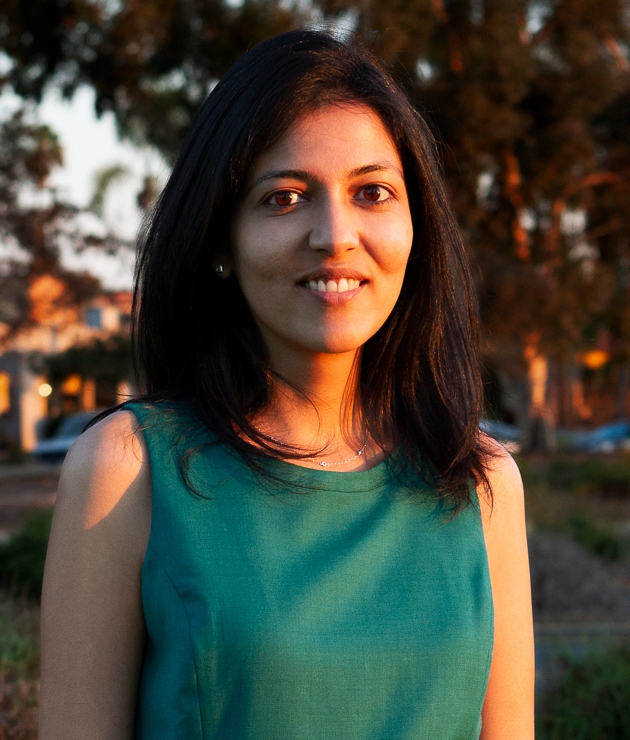 |
Monday, April 5 | 10:00am-11:30am | Zoom Meeting Speaker: Saiba Varma Ph.D. (University of California San Diego) |
The Occupied Clinic: Militarism and Care in Kashmir
In this presentation, Dr.Varma will reflect on her recently published book, The Occupied Clinic: Militarism and Care in Kashmir (Duke U Press, 2020), offering insights on the book's major interventions and reflecting on the process of writing and thinking about violence and militarism from an anthropological perspective. Dr.Varma will be sharing two chapters of the book for discussion during the seminar: the Introduction and Chapter One. The Introduction, Care, lays out the major themes of the book, particularly in terms of thinking about how care and militarism are not opposites but are entangled in the practices of the clinic, everyday life, and structures of military governance in Kashmir. Chapter One, Siege, further examines the entanglements of care and militarism through examining an ubiquitous bodily complaint in Kashmir--kamzori (chronic fatigue/debility/weakness). The chapter traces kamzori as a sedimentation of colonialism in bodies, relations, and in political life. Kamzori is thus a way of theorizing and calling for modes of decolonial embodiment.
Seminar 2: Eugene Richardson
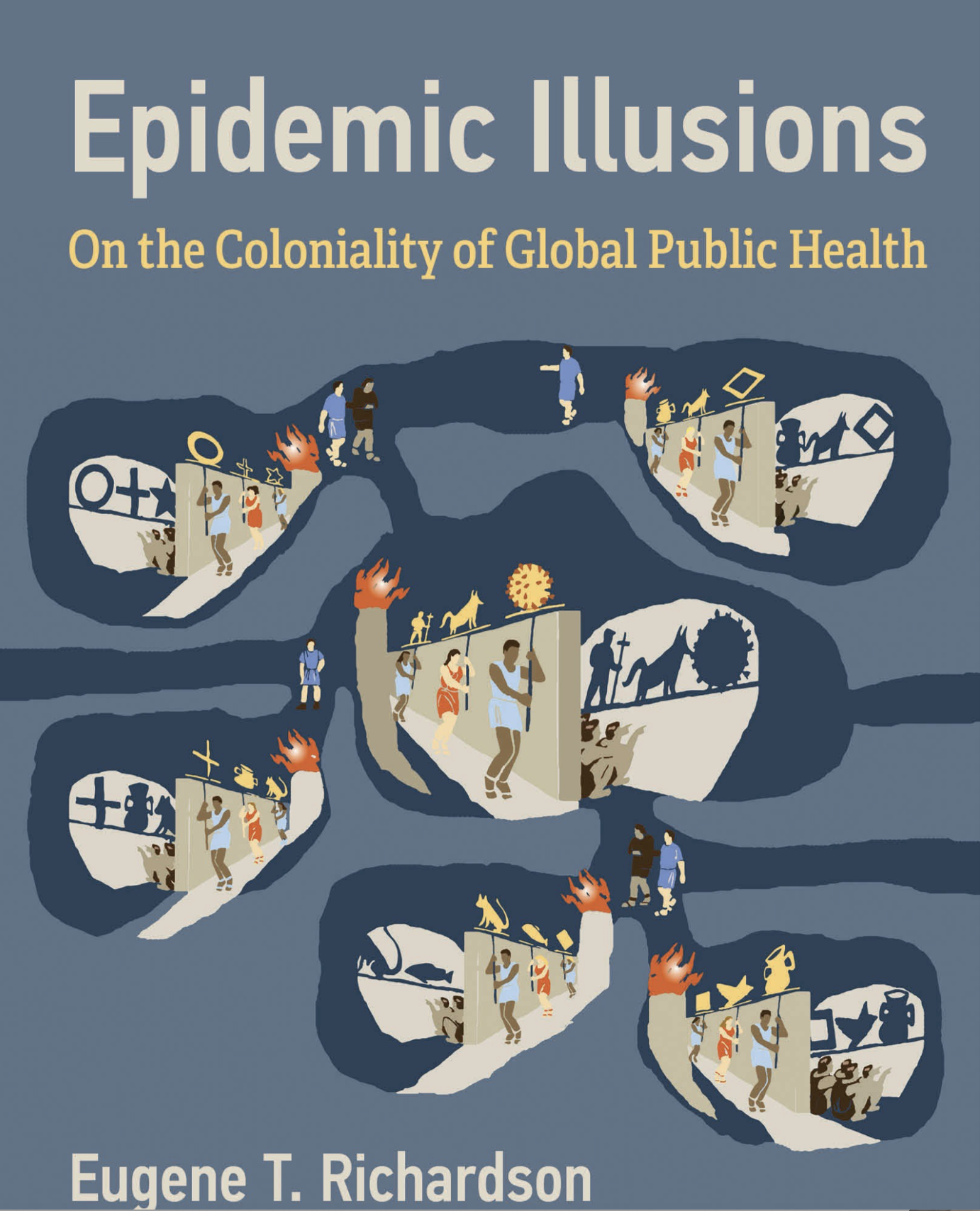 |
Monday, May 3 | 10:00am-11:30am | Zoom Meeting Speaker: Eugene Richardson Ph.D. (Harvard Medical School) |
Epidemic Illusions: On the Coloniality of Global Public Health
In Epidemic Illusions, Eugene Richardson, a physician and an anthropologist, contends that public health practices–from epidemiological modeling and outbreak containment to Big Data and causal inference–play an essential role in perpetuating a range of global inequities. Drawing on postcolonial theory, medical anthropology, and critical science studies, Richardson demonstrates the ways in which the flagship discipline of epidemiology has been shaped by the colonial, racist, and patriarchal system that had its inception in 1492.
Seminar 3: Rebecca Lester
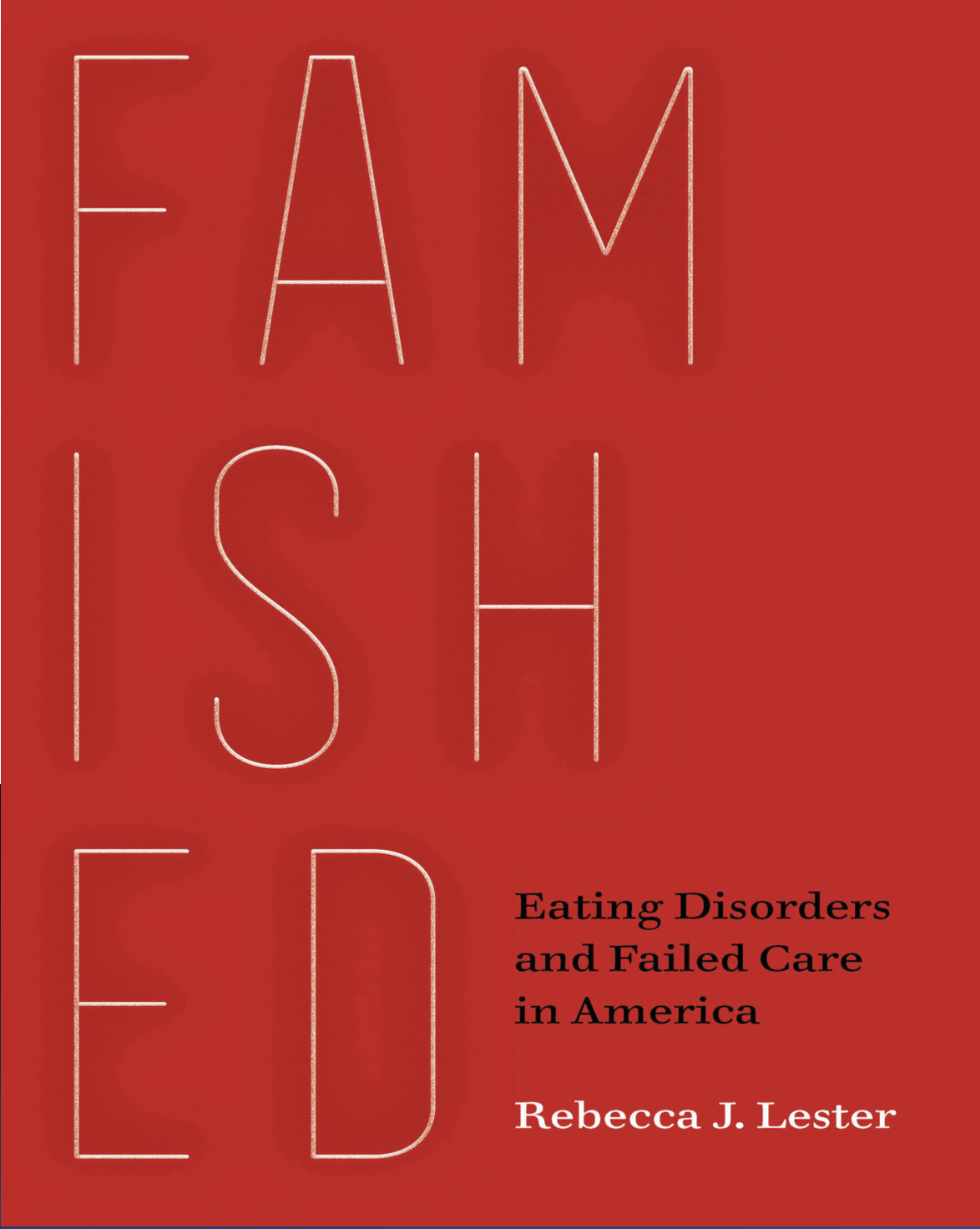 |
Monday, May 24 | 10:00am-11:30am | Zoom Meeting Speaker: Rebecca Lester Ph.D. (Washington University in St. Louis) |
As an ethnographer, a clinician, and a former eating disorder patient, my recent research in an American eating disorders clinic raised a number of ethical quandaries, none of which had a straightforward resolution. In navigating them, techniques of empathy, vulnerability, and care became invaluable tools in my methodological toolbox. But these were not clean and easy developments. They were difficult, sometimes painful, and almost always uncertain. And they threw into relief a number of issues rarely discussed in anthropological or clinical domains regarding how we (attempt to) feel our way into the lives of others as the foundation for building certain kinds of knowledge, and the potential risks inherent in this practice, for others and for ourselves. In this talk, I reflect on these experiences and set out a number of guiding principles for doing ethical, engaged research.
Winter 2021
Seminar 1: Fernando Ciello
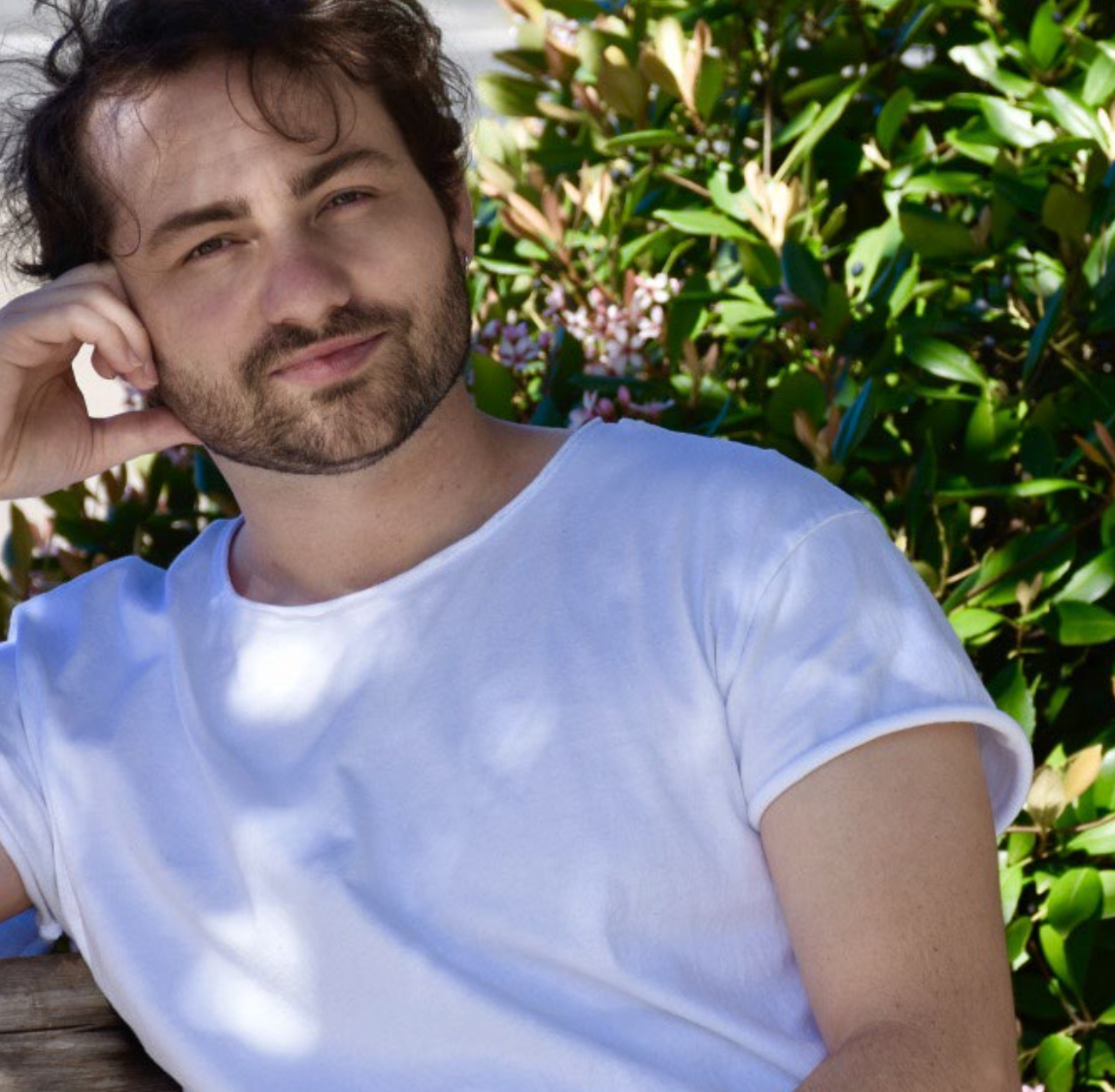 |
Monday, Jan 11 | 10:00am-11:30am | Zoom Meeting Speaker: Fernando José Ciello Ph.D. (Federal University of Roraima) |
Humans and Numbers of COVID in Roraima, Brazil – brief report and reflection
These are brief reflections about the humans and the numbers of COVID in Roraima, northernmost state in Brazilian territory and one of the most affected states in the country. In times of COVID, social and economic complexities that already distinguished Roraima became important features on how the pandemic hit the region, as the least populated state, the one with higher number of indigenous persons, and also a main entrance of displaced populations from countries such as Venezuela, Guayana, Haiti and Cuba. I try to reflect on how the variety of numbers and statistics enact a certain representation of Brazil and of Roraima specifically, (not) allowing and (not) producing collective health strategies. I suggest that understanding how different realities and conditions overlap in Roraima, can be an important element in the comprehension of COVID pandemic and how it hit the state. This reflection stems from my experience with indigenous students in the Federal University of Roraima, and from an ongoing research with healers and healing in the North of Brazil.
Seminar 2: Thomas Csordas and the TASET Team
 |
Monday, February 8 | 10:00am-11:30am | Zoom Meeting Speaker: Professor Thomas J. Csordas and the TASET Team |
Seminar 3: Julia Brown
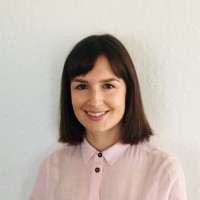 |
Monday, February 22 | 10:00am-11:30am | Zoom Meeting Speaker:Julia Brown Ph.D. (University of California San Francisco) |
Questions of (Social) Safety: Why biological monitoring of antipsychotic medication should persist in-person in the age of virtual healthcare
Fall 2020
Seminar 1: Li Zhang
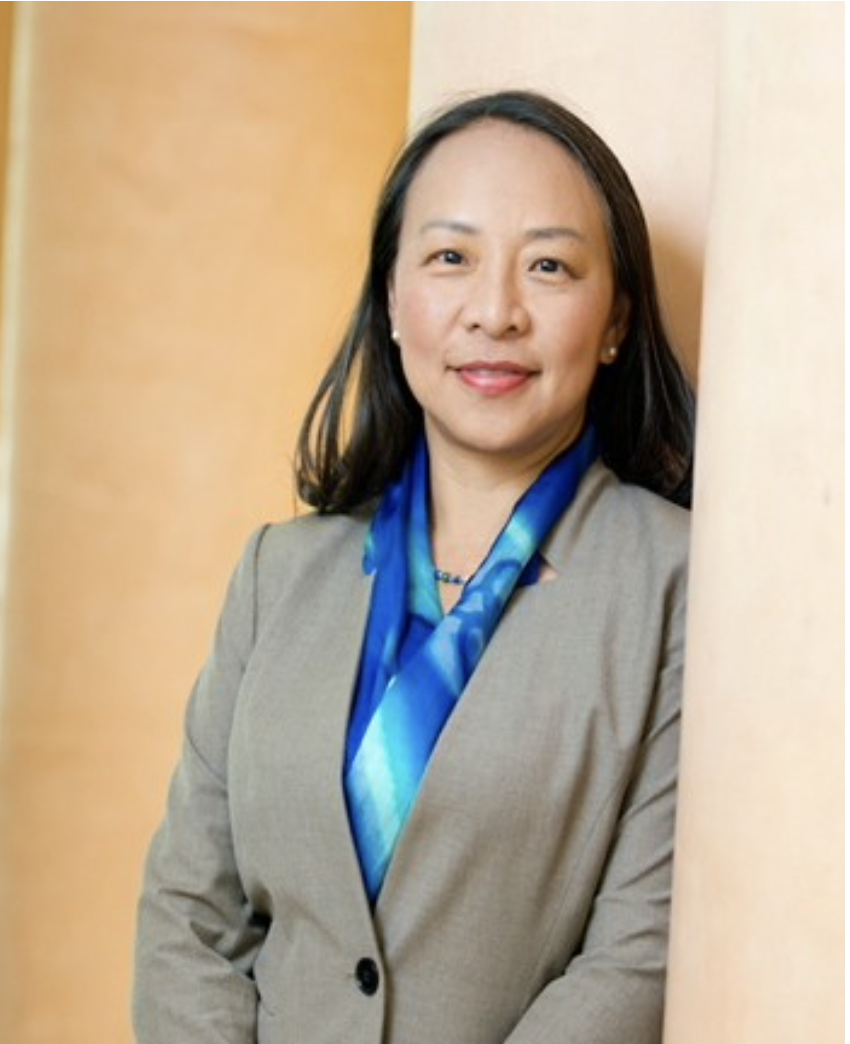 |
Monday, October 5 | 10:00am-12:00pm | Zoom Meeting Speaker: Li Zhang Ph.D. (University of California Davis) |
Anxious China: Inner Revolution and Politics of Psychotherapy
The breathless pace of China’s economic reform has brought about deep ruptures in socioeconomic structures and people’s inner landscape. Faced with increasing market-driven competition and profound social changes, more and more middle-class urbanites are turning to Western-style psychological counseling to grapple with their mental distress. This talk is an overview and open discussion of Zhang’s newly published book--an in-depth ethnographic account of how an unfolding “inner revolution” is reconfiguring selfhood, psyche, family dynamics, sociality, and the mode of governing in post-socialist times. Zhang shows that anxiety—broadly construed in both medical and social terms—has become a powerful indicator for
the general pulse of contemporary Chinese society. It is in this particular context that Zhang traces how a new psychotherapeutic culture takes root, thrives, and transforms itself across a wide-range of personal, social, and political domains.
Seminar 2: Hua Wu (Miranda)
 |
Monday, October 12 | 10:00am-12:00pm | Zoom Meeting Speaker: Hua Wu (Miranda), Candidate of Phil. (University of California San Diego) |
“Do Not Go Gently into the Dark Night”
Mental Distress and Emotional Processing During a Global Pandemic
One week into the Chinese Lunar New Year, I received the first of many emergent “distress” calls from my participants. Tianyi, a Chinese international student who was pursuing a master’s degree in New Zealand, called me as her first and last resource as she experienced an emotional melt-down. Worried sick about people in Wuhan, about her family in China, and an increasingly precarious future, various social factors came crushing down on Tianyi, sending her to a devastating depressive episode and panic attacks.
Unfortunately, she was but the first of many people I talked to during the increasingly stressful pandemic, quarantine, and increasingly intense national and global political milieu. I present several in-depth ethnographic case studies of how people, especially those who already had a hard time grapple with mental distress, process their emotion during the Covid-19 pandemic. I argue that not everybody enters the stressful situation with equal psychological conditions and resources. Transgenerational stress and trauma, identity crisis, and especially perceived social and emotional isolation are significant psychological factors contributing to mental breakdowns. In addition to financial difficulties and precarious political disturbance due to insufficient government management, people go through panic attacks of various forms as they perceive sufferings at multiple levels occurring simultaneously at the same degree of intensity. Our interactions, often times including me performing not only as an ethnographer but also a substitute therapist, reveals how people navigate complex lifeworld during emotional breakdowns. The intensity of emotional expressions and embodied sensations reveals how people struggle to situate themselves during time of great uncertainty, as they carried psychological burden from the past and entering in to a perceived, precarious future. Their sufferings are at once bodily, mental, and also political. My interaction with them also shows that social support and bringing attention back to the body, to the sensation of here and now, helps to alleviate the accumulating sense of despair and isolation. It also helps to create a psychologically safe space and time for self-acceptance, care, and an enlightened temporality in which the subject can readjust their perception of their lifeworld.
Seminar 3: Richard Madsen
 |
Monday, November 2 | 10:00am-12:00pm | Zoom Meeting Speaker: Richard Madsen, Ph.D. (University of California San Diego) |
Inequality, Culture War, and Imperiled Common Good: America and China
Despite rising inequality, daily life in both America and China is afflicted more by culture conflicts than class struggle. I argue here, however, that in both societies, these cultural conflicts are connected with rising inequality, and indeed in their current intensity are a manifestation of it. A simple Marxist explanation for this would be that ruling elites foment conflicts over culture to distract the masses from becoming mobilized against the rich. I don’t doubt that this is some part of the story, but I will argue that there is another important part, the social foundation for elite manipulation. Rather than drawing on Marx, I will invoke Max Weber’s account of the cultural conflicts of modernity.
Max Weber described the modern moral condition as beset by irreconcilable tensions between competing values. But here I will see the conflicts as embedded in distinct kinds of communities, both communities of everyday life and “imagined communities” extending, with the aid of modern media, the experiences of daily life into a “social imaginary” of encompassing communities embodying different facets of ordinary life. The moral conflicts people face are the result of being pulled by competing social pressures from these communities.
The way “imagined communities” are envisioned depends on the communities of everyday life. Using Mary Douglas’s account of such languages, I distinguish between elaborated and condensed codes, the former prevalent in closed communities predominantly structured through kinship, the latter in open communities structured according to universal rules.
Rising inequalities lead to a bifurcation of such communities and to a polarization of the languages that express cultural values. This happens in both the USA and China, but at present the polarization is more intense in the USA. In neither case however is the situation sustainable over the long run. US-China dialogue might productively address, not cultural differences, but the effects of rising inequality on cultural conflict within both societies.
Seminar 4: Janis Jenkins and Thomas Csordas
 |
Monday, November 23 | 10:00am-12:00pm | Zoom Meeting Speaker: Janis Jenkins, Ph.D. and Thomas Csordas, Ph.D. (University of California San Diego) |
Troubled in the Land of Enchantment: Adolescent Experience of Psychiatric Treatment
UC Press Release: “In this groundbreaking study based on five years of in-depth ethnographic and interdisciplinary research, Troubled in the Land of Enchantment explores the well-being of adolescents hospitalized for psychiatric care in New Mexico. Anthropologists Janis H. Jenkins and Thomas J. Csordas present a gripping picture of psychic distress, familial turmoil, and treatment under the regime of managed care that dominates the mental health care system. The authors make the case for the centrality of struggle in the lives of youth across an array of extraordinary conditions, characterized by personal anguish and structural violence. Critical to the analysis is the cultural phenomenology of existence disclosed through shifting narrative accounts by youth and their families as they grapple with psychiatric diagnosis, poverty, misogyny, and stigma in their trajectories through multiple forms of harm and sites of care. Jenkins and Csordas compellingly direct our attention to the conjunction of lived experience, institutional power, and the very possibility of having a life."
Spring 2020
Seminar 1: Bonnie Kaiser and Janis Jenkins
Monday, April 13 | 9:30am-11am | Zoom Meeting
Speaker: Bonnie Kaiser, Ph.D. & Janis Jenkins, Ph.D. (University of California San Diego)
COVID Updates (Prof Kaiser) and Wellbeing and Lived Experience of COVID (Prof Jenkins)
Seminar 2: Ellen Kozelka
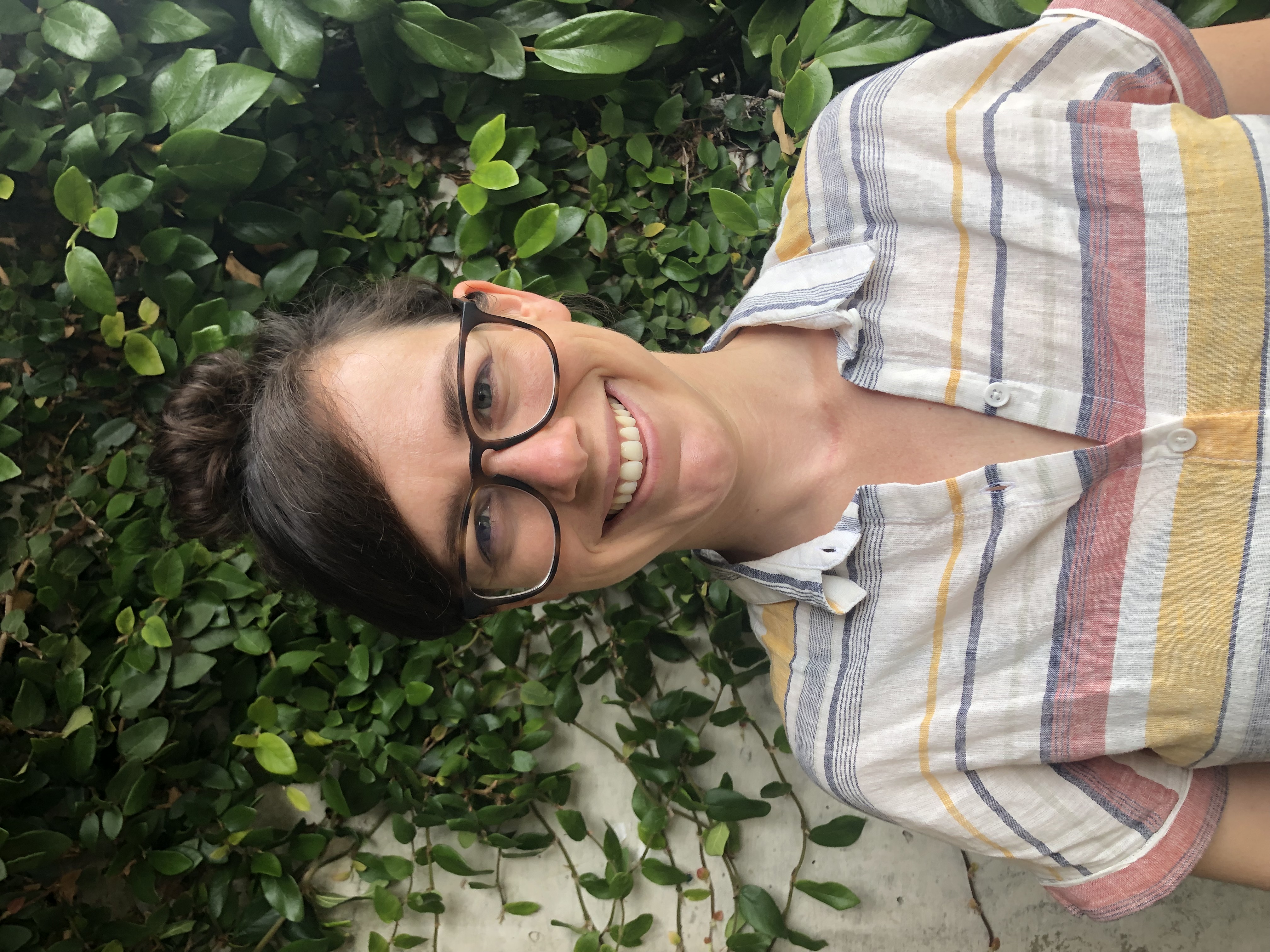 |
Monday, May 4 | 9:30am-11am | Zoom Meeting Speaker: Ellen Kozelka, Ph.D. (University of California San Diego) |
Article Revision Workshop: Addressing Peer-Review Comments for Journals in Psychological and Medical Anthropology.
Winter 2020
Seminar 1: Allen Tran
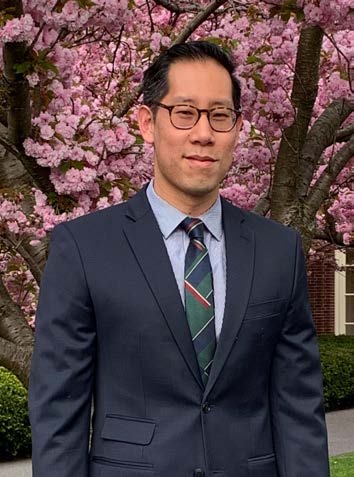 |
Monday, January 13 | 9:30am-11am | Social Sciences Building 107 - Dean's Conference Room Speaker: Allen L. Tran, PhD, Bucknell University |
The Politicization of Psychologization: Cognitive-Behavioral Therapy in Ho Chi Minh City, Vietnam
The increasing influence of cognitive behavioral therapy (CBT) has made counseling centers in post-reform Vietnam the site of an intensive reconfiguration of the interior self. Counselors argue that CBT’s customizable focus on problematic behaviors is more culturally compatible for patients who are unaccustomed to more open-ended psychotherapies. Yet the very work of self-compartmentalization requires a broader questioning of personal and cultural identity as counselor and client alike must negotiate the cultural forms that assist and resist the internalization of CBT principles. I argue that psychologization in Vietnam is achieved through a reworking, not a replacement, of Confucian and socialist models of the self. The process of recasting everyday life, personal crises, and social relationships in a psychic register through CBT techniques politicizes them by denaturalizing and delegitimizing Confucian and socialist regimes of selfhood.
Seminar 2: Paula Montero
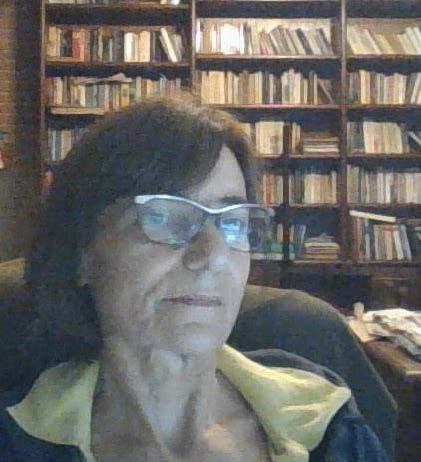 |
Monday, January 27 | 9:30am-11am | Social Sciences Building 107 - Dean's Conference Room Speaker: Dr. Paula Montero, University of São Paulo Brazil |
“Public Religions and Sensorial Forms”
Inspired on Birgit Meyer's work on “material religions,” this presentation will explore the process by which Christian religions modified the urban visual landscape of São Paulo by their architectural devices, their music, their public spectacles, and monuments. The talk will concentrate on the comparative analyses of the Catholic/Evangelical public performance taking as empirical examples the Catholic Catedral da Sé (1954) and the Evangelical Solomon Temple (2014) construction process in Sao Paulo. My main interest is to tackle the relations between religions and politics in Brazil, giving special attention to a Brazilian neopentecostal church called The Universal Church of the Reign of God. The end of the dictatorship in 1985 and the new Constitutional Chart in 1988 stimulated and created the necessary conditions for the strategic use of different public arenas by new religious leaderships searching for political legitimacy. Religious public performances in which sensorial perceptions of the sacred are central become a new political strategy to gain political power and popular hegemony.
Seminar 3: Luz Brito
 |
Monday, February 10 | 9:30am-11am | Social Sciences Building 107 - Dean's Conference Room Speaker: Luz Gonçalves Brito, PhD candidate at Federal University of Rio Grande do Sul (Brazil) |
This presentation mainly concerns some reflections and empirical research held during my period as visiting scholar at UCSD. Spirituality and ecology are considered two realms of secular experience which lead to a search for the ‘pattern that connects’ every being and the things in the world. As a response to ecological crisis, some people sacralize their daily activities and experience healing in connection with the Earth.
Fall 2019
Seminar 1: Katie Rose Hejtmanek
 |
Monday, October 7 | 10am-12pm | Social Sciences Building 107 - Dean's Conference Room Speaker: Katie Rose Hejtmanek, PhD, Associate Professor at Brooklyn College |
Training for Life: The Promise of Branded Functional Fitness
Her research investigates self transformative processes, affect, and racial formations in a variety of cultural contexts, from adolescent mental institutions in the US to CrossFit gyms on six continents. Currently, she researches branded functional fitness as a space for salvation and survival in contemporary America. Dr. Hejtmanek has a forthcoming article in American Anthropologist titled, "Fitness Fanatics: Exercise as Answer to Pending Zombie Apocalypse in Contemporary America”. She is also co-editing a volume on strength sports titled Strong A(s) F(eminist)!: Power in Strength Sports.
Seminar 2: Bridget Haas
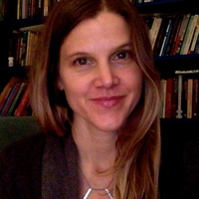 |
Monday, October 21 | 10:00 am | Social Sciences Building 107 Speaker: Bridget Haas, PhD, NIHT32 Postdoctoral Research Fellow, Case Western Reserve University |
Therapeutic Interventions Amid Immigration Limbo
This presentation will explore emergent themes concerning the intersection of US immigration policies and mental health care, using research data on the therapeutic experiences of two different groups: Cameroonian asylum claimants seeking legal status and newly resettled Congolese refugees.
The talk will investigate the psychic toll of a growing backlog of pending immigration cases (asylum claims and family reunification cases, respectively) among those caught within it. How do situations of protracted uncertainty regarding the outcome of their cases inform the use, meaning, and experience of therapeutic interventions? What are the perceived limitations and possibilities of various mental health treatments in the face of ongoing existential and familial rupture? Through these ethnographic examples, the presentation will also consider the shape and meaning of resilience in these contexts.
Seminar 3: Angela Leocata
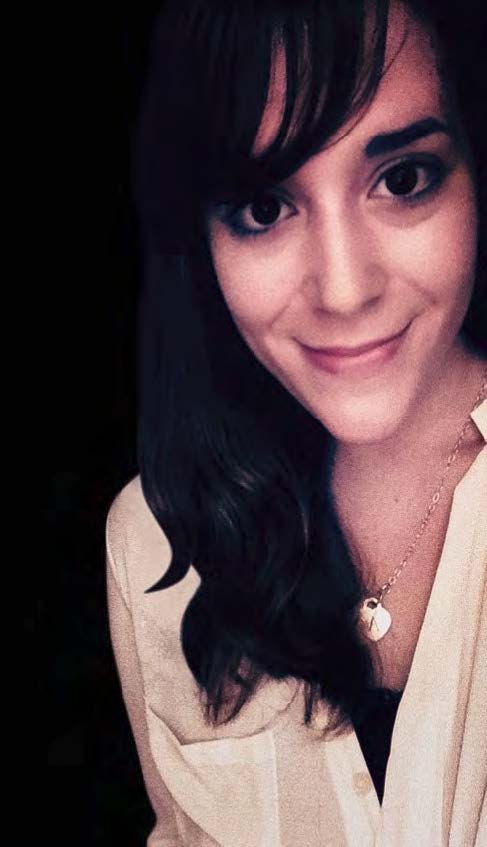 |
Friday, November 1 | 12:15pm | Social Sciences Building 107 Speaker: Angela Leocata, Graduate Student Anthropology Department, Standford University |
When the Trial Ends: Moral Experiences of Caregiving in a Randomized Controlled Trial in Goa, India
In this presentation, I engage experiences of peer counselors in the Thinking Healthy Program Peerdelivered (THPP), a randomized controlled trial of a psychological intervention for perinatal depression in Goa, India. I explore how caregiving is experienced by peer counselors in an RCT, a context in which care is given for a finite period and is removed at the study’s end. I ask how the THPP trial affects its delivery agents, with attention to how caregiving impacts its caregivers. I suggest that moral aspects of caregiving are particularly relevant for peers, and that the context of an RCT is central to these moral experiences, particularly at a trial’s end, when peer counselors are asked to end care that, in many cases, remains needed.
Spring 2018
Seminar 1: Fernando Ciello
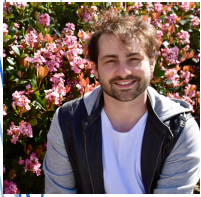 |
Speaker: Fernando Ciello Date: Wednesday, April 4, 10:00 a.m. - 12:00 p.m. Location: SSB 107 |
Fernando graduated in Social Sciences (2009) and has a Master’s degree in Social Anthropology (2013). Currently he is a PhD candidate in the Department of Anthropology of Universidade Federal de Santa Catarina (UFSC, Brazil) and is a Visiting Scholar at UC San Diego in the Fulbright Program. His work has focused in the ethnographic study of mental health field in Brazil from the perspective of Anthropology of Health.
This presentation discusses my fieldwork in a psychiatric day clinic in southern Brazil. It examines how religious and psychotherapeutic interpretations of self and healing are constantly being evoked and interwoven into therapeutic conceptions and practices. What I take as religious interpretations are not discrete or static conceptions but, in fact, heterogeneous statements that refer to spirits, lights, energies, colors, seeing and talking to other entities. Similarly, when I talk about psychotherapeutic interpretations, I call attention to a diversity of psychological and therapeutic schools that are practiced within the day clinic program, including psychoanalysis, transpersonal psychology, and psychodrama. Both groups of practices/discourses should not be seen as opposed or contradictory but, rather, as crucial in shaping important psychiatric artifacts in that context. Mental health, here, is experienced from the perspective of a world populated with different entities – that include the powers of biomedicine and medication, but also deal with the unknown, the energetic and the spiritual. As a result, instead of describing the clinical practices as expressing a discrete and well-defined conceptual orientation – either that of the religious or mental health perspective – I choose to think about both realms as intertwined.
Seminar 2: Professor Claire Snell-Rood
 |
Speaker: Professor Claire Snell-Rood Date: Wednesday, April 18, 10:30 a.m. - 12:30 p.m. Location: GPS RBC Room 1201 |
Claire Snell-Rood is an Assistant Professor in Health and Social Behavior in the School of Public Health at the University of California, Berkeley. Her research explores the social dimensions of health among women living in poverty, which she has examined in urban India as well as rural Appalachia. Her book, No one will let her live: women's struggle for wellbeing in a Delhi slum, is published with UC Press and received an honorable mention for the Eileen Basker Memorial Prize. Her current research employs implementation science perspectives to address mental health disparities in the rural U.S.
Though morality, ethics, and care remain prominent themes in medical anthropology research on structural violence, their relevance for applied research has been less explored. In this talk, I bring together studies on moral wellbeing among women living in Indian slums and on rural women’s depression to suggest how the “moral self” may yield both broad directions and specific strategies to address trenchant health disparities.
Seminar 3: Szilvia Zörgő
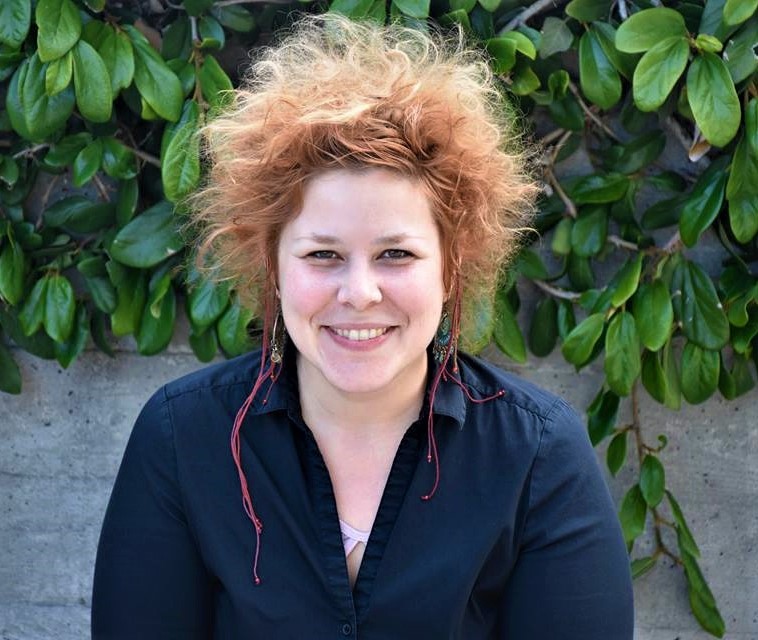 |
Speaker: Szilvia Zörgő Date: Wednesday May 2, 2018, 10:00am-12:00pm Location: Global Policy & Strategy RBC Room 1201 |
Szilvia is a doctoral candidate of Mental Health Sciences at Semmelweis University, Budapest, and is currently a Fulbright visiting scholar at UC San Diego. Her research focuses on the sociocultural factors of therapy choice in Hungary and decision-making processes related to health. She is a guest lecturer at the Institute of Intercultural Psychology and Education, as well as the Department of Anthropology, at Eötvös Loránd University.
Medical pluralism not only signifies the availability of various therapies in a given society, but also connotes a nexus of worldviews espousing distinct concepts of world, man, illness, and health. Due to a complex set of sociocultural factors, there has been an increase in complementary and alternative medicine (CAM) use in Western cultures. Patients’ choice of therapy is largely dependent on their information-seeking behavior, explanatory model of illness, and underlying dispositions. In countries such as Hungary, social institutions of integration among Western medicine and CAM are sparse, entailing adverse repercussions in communication between physician and CAM user. The presentation will examine the milieu and sociocultural factors of therapy choice in Hungary with an emphasis
on embodied dispositions. The scrutiny of complex metaphors that patients employ concerning illness and health aspires to shed light on the intricacies of the habitus and decision-making processes, as well as offers a model for the improvement of doctor-patient communication regarding CAM use.
Winter 2018
Seminar 1: Emily Mendenhall
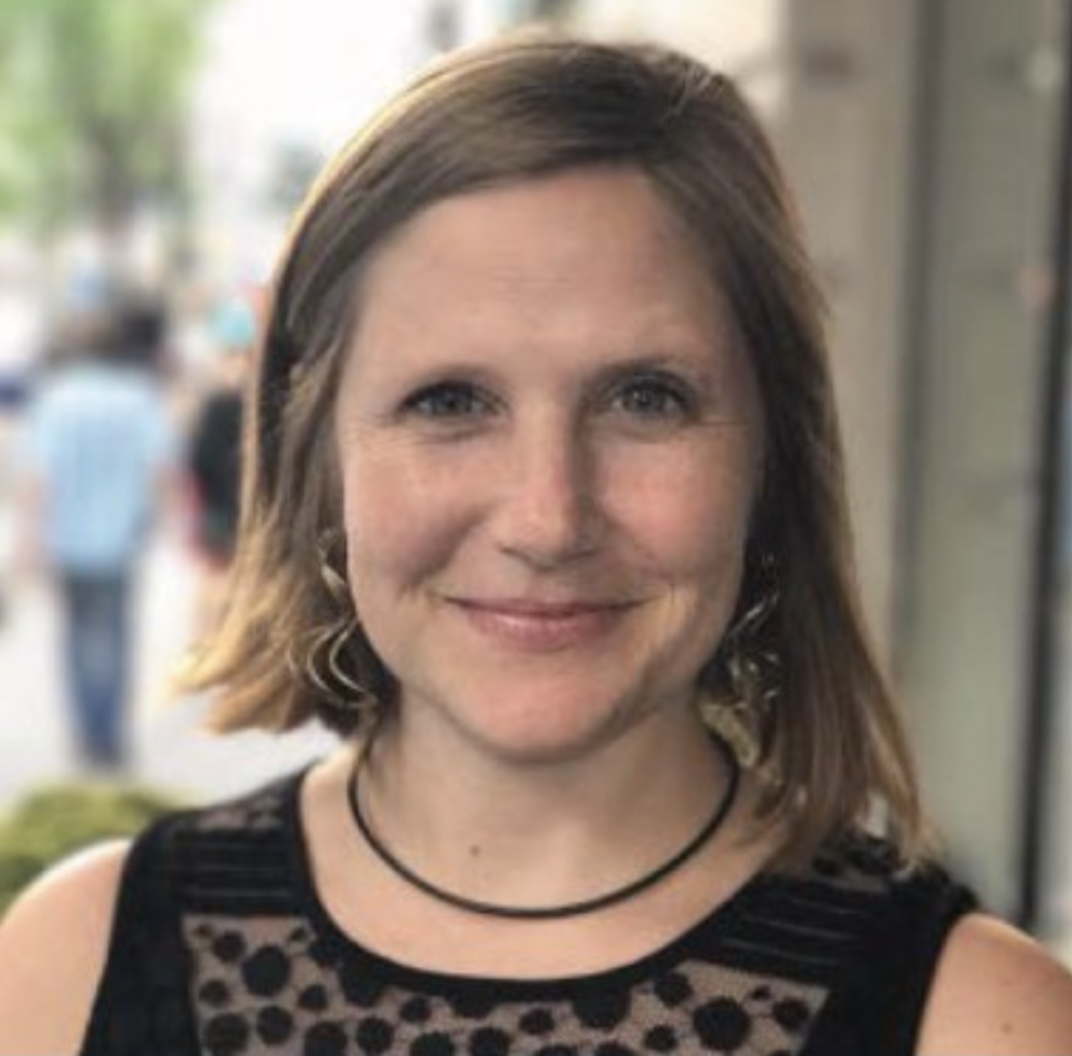 |
Speaker: Emily Mendenhall, Ph.D. Georgetown University Date:Friday, January 19, 2018. 3:00 p.m. Location: Social Sciences Building 107 |
“Syndemic Diabetes: Entanglements with Poverty, Trauma, and AIDS”
Seminar 2: Neely Myers
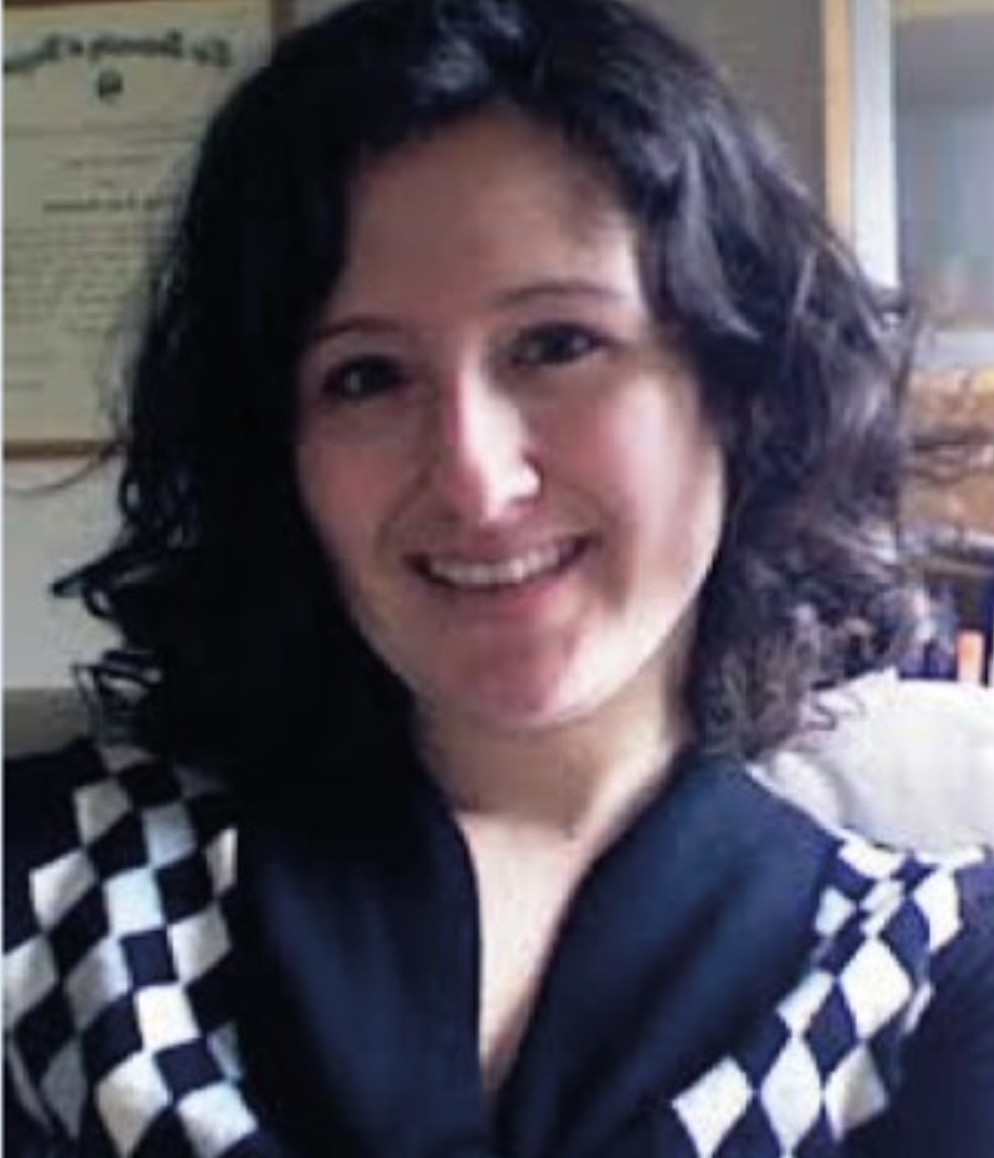 |
Speaker: Neely Myers. Ph.D. Date: Monday, January 22, 2018, 3:00 p.m. Location: Social Sciences Building 107 |
“Pathways through care in the U.S. and Tanzania: Mental/Moral Breakdowns, Moral Agency and Global Mental Health”
Seminar 3: Kristin Yarris
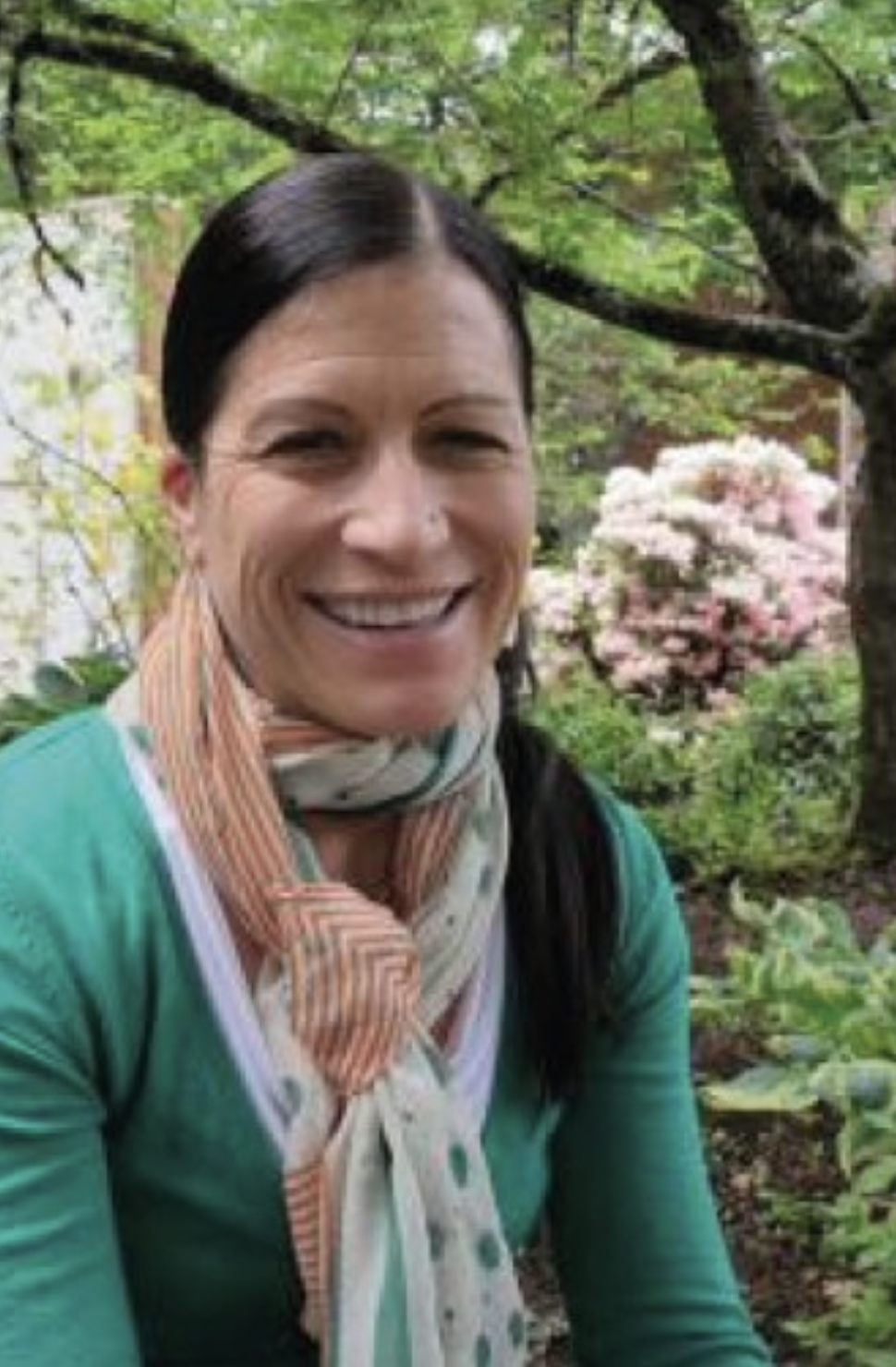 |
Speaker: Kristin Yarris. Ph.D. University of Oregon Date: Wednesday, January 24, 2018 3:00 p.m. Location: Social Sciences Building 107 |
Seminar 4: Bonnie Kaiser
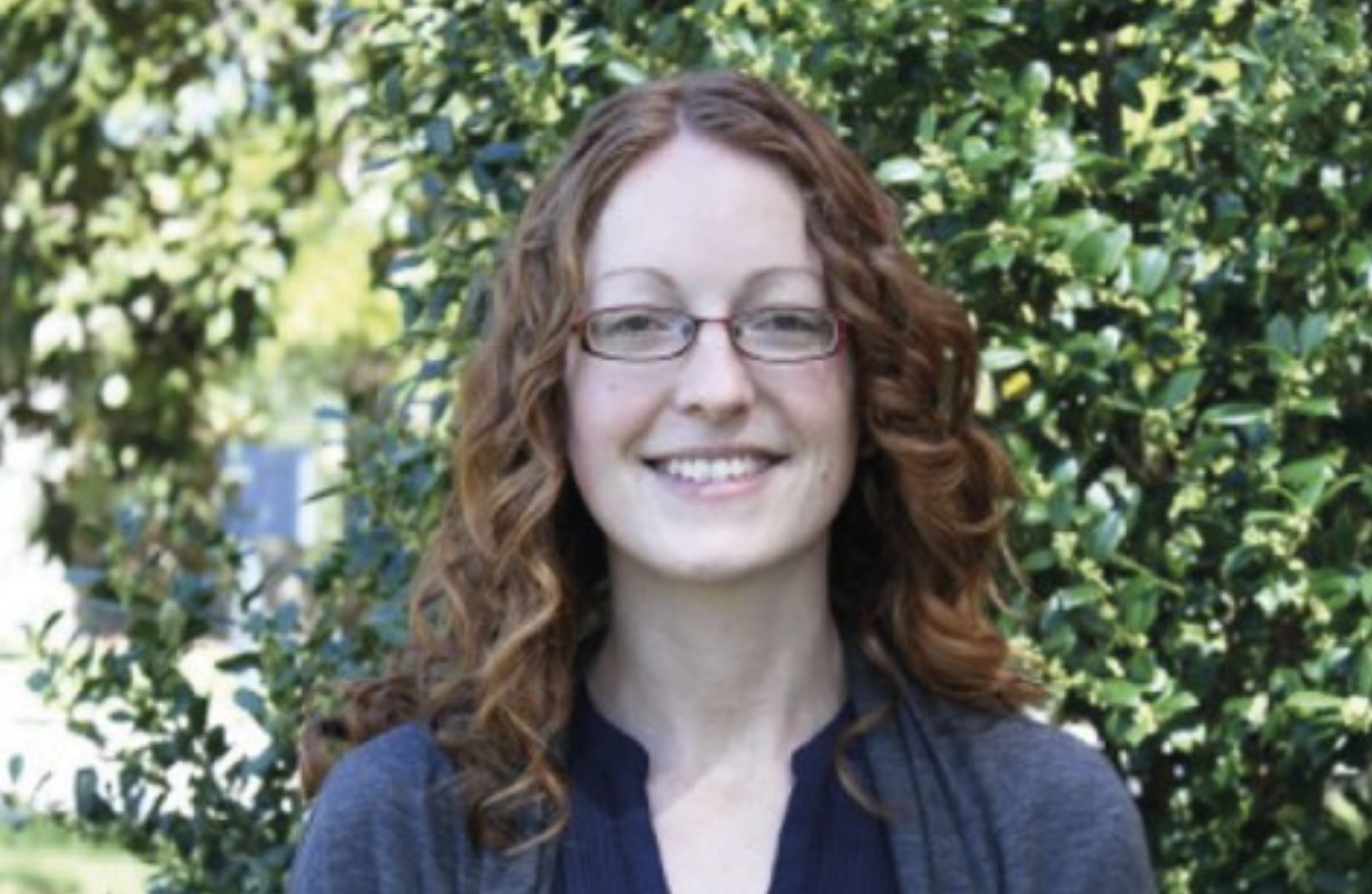 |
Speaker: Bonnie Kaiser, Ph.D. Duke University Date: Monday, January 29, 2018 3:00 p.m. Location: Social Sciences Building 107 |
“Cultural Idioms, Contested Measures, and Intervening in Global Mental Health: the Case of Haiti”
Seminar 5: Professor Merav Shohet
 |
Speaker: Professor Merav Shohet Date: Tuesday, February 13, 2017, 10:00 a.m. - 12:00 p.m. Location: Psychological and Medical Anthropology Lab, SSRB 331 |
Dr. Merav Shohet is a cultural anthropologist whose specializations in psychological, medical, and linguistic anthropology lead to ethnographically grounded, comparative, language-centered research on affect, morality, and health.
“Waiting with Illness and Care” in Vietnam
Recent decades’ marketization and privatization reforms under the policy of đổi mới (Renovation) have led to a contraction of Vietnam’s public health care system, just as the incidence of hypertension and other diseases has been rising. With a decline in nationalized forms of care, families—and especially women—are idealized as steadfast care-takers who unquestioningly shoulder the burdens of sustaining their own continuity and viability, as households remain the normative and preferred places to care for ill members. Drawing on long-term ethnographic fieldwork in Đà Nẵng, this chapter considers how families on the city’s margins cope with terminal illness. Focusing on the case of an elderly matriarch who suffered a series of high blood pressure-related strokes that left her in a permanent vegetative state, I detail the multiple layers of waiting and (lack of) care experienced by the ill grandmother and her extended family. The analysis illuminates how home-based rituals and routines were altered and thereby sustained as the matriarch’s relatives at once anticipated, and yet tried to minimize and ward off their ongoing loss, in part by shrouding the illness in relative silence. In attending to the entanglement of different forms of being-in-time in relation to care, I attempt to show how waiting to and waiting for care are recounted as gendered, troubled, and troubling ethical practices in Vietnam.
Fall 2017
Seminar 1: Seminar Overview and Field Research Reports
Date: October 11, 2017, 10:00 a.m. – 12:00 p.m.
Location: Psychological and Medical Anthropology Lab, SSRB 331
Seminar overview and field research reports: open-ended discussion of seminar and updates of participants’ recent field research experience or written works.
Seminar 2: Hanna Garth
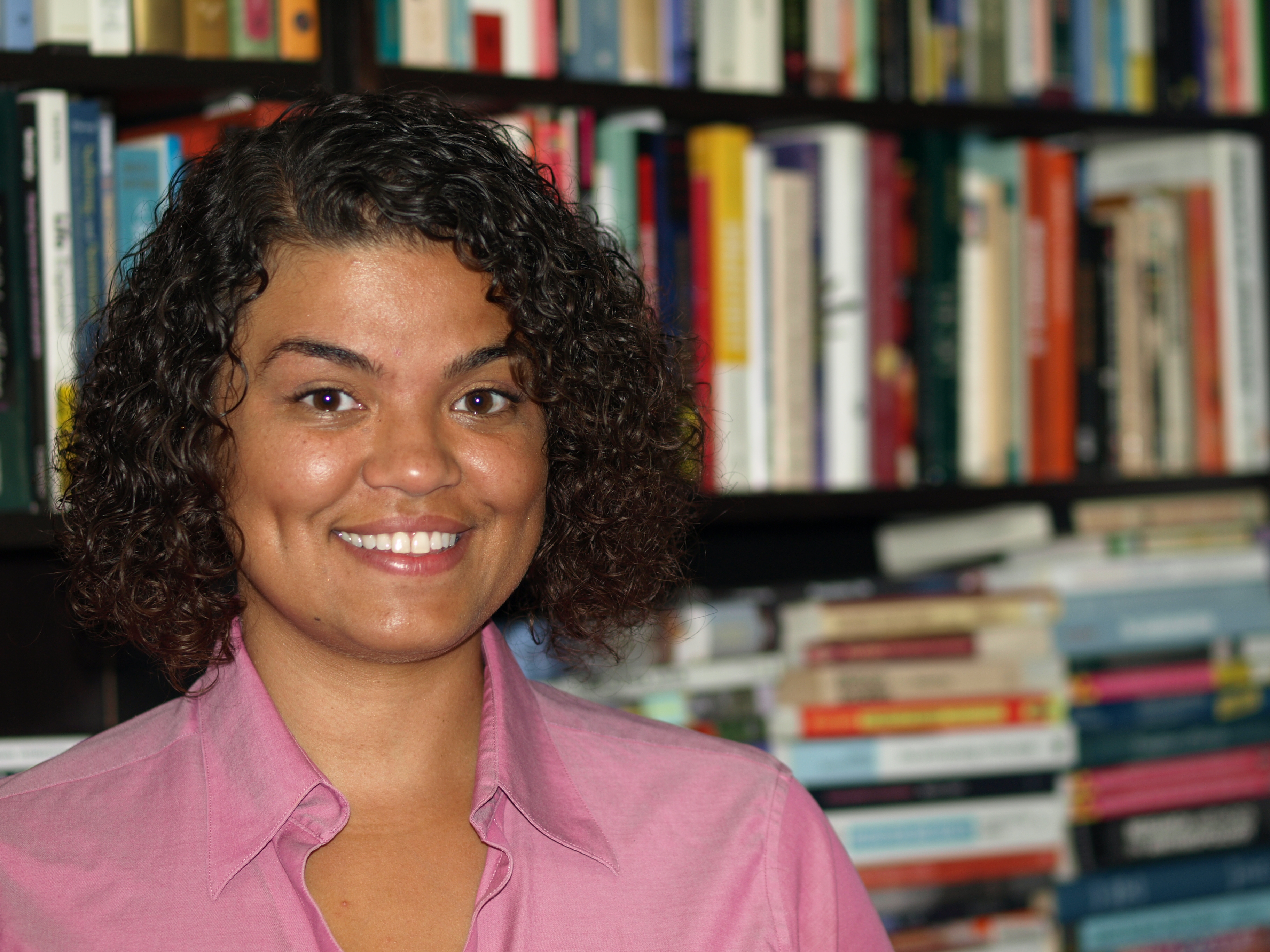 |
Speaker: Professor Hanna Garth, Ph.D. Date: Wednesday, October 25, 2017, 10:00 a.m. - 12:00 p.m. Location: Psychological and Medical Anthropology Lab, SSRB 331 |
Dr. Garth is a sociocultural and medical anthropologist specializing in the anthropology of food. Her work addresses issues of inequality and structural violence, with regional interests in Latin American, the Caribbean, and the United States.
“Shifting Subjectivities” in Contemporary Santiago de Cuba
In this book chapter, I turn to the relationship between food access and individual subjectivity. I use my interlocutors’ dilemmas surrounding the ethics of food acquisition (discussed in the previous chapter) to shed light on their imagined, or possible, selves as a part of ethical subject formation, and explore how they maintain particular social identities. I further refine the book’s central frameworks of the “practices of acquisition” and “the politics of adequacy,” and illuminate how these relate to shifts in subjectivity. I use the dilemmas of food acquisition to shed light on ethical subject formation, and the ways people maintain a sense of self and social identity. I argue that as the welfare state falters, and Cubans are unable to access the foods that they meaningfully link to their cultural and national identities, the emotional response to these struggles gives rise to a shift in their own understandings of their subjectivity.
Introductory Meeting: Wednesday, October 11, 2017
Please join us for the first 2017-2018 meeting of the Psychological and Medical Anthropology Seminar. We will cover introductions and share updates from the summer and plans for the academic year.
Psychological -Medical Anthropology Lab (SSRB 331) | 10:00 a.m - 12:00 p.m.
Seminar 3: Paula Saravia
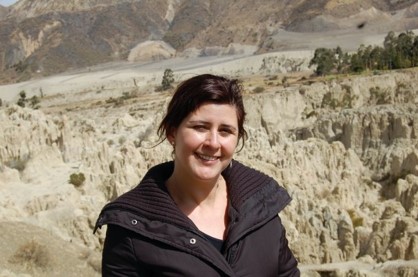 |
Speaker: Dr. Paula Saravia Date: Wednesday, November 15, 2017, 10:00 a.m. - 12:00 p.m. Location: Psychological and Medical Anthropology Lab, SSRB 331 |
“No hay drama”: Precarity, Medicine, and Gender among mental health and HIV-AIDS patients in Northern Santiago, Chile
During the last decade, there has been an increase in the diagnosis of mental health illnesses and HIV-AIDS in the rural, semi-rural and mostly underserved communities of the Northern metropolitan area of Santiago, Chile. At the same time, the local mental health care center in Lampa and the National Network of Original Peoples (RENPO) reported to the Ministry of Public Health their concerns about the interaction between mental health diagnoses, HIV-AIDS, and ethnicity. According to RENPO, indigenous peoples and Haitian migrants are most vulnerable and at risk of suffering from mental illness and HIV-AIDS. However, despite their efforts, the request for an urgent public health strategy has gone unanswered. What are these very alarming statistics and the government silence about this problem showing about the experience to live and be ill in rural and semi-rural Santiago? What are the meanings behind the narratives of precaritization, alcoholism, and abandonment expressed by mental health and HIV-AIDS patients in Lampa? In this presentation I discuss the epidemiological information in relation to the experience of mental health and HIV-AIDS patients who are receiving treatment in the public health care system in Lampa.
Spring 2017
Seminar 1: Jonathan Yahalom
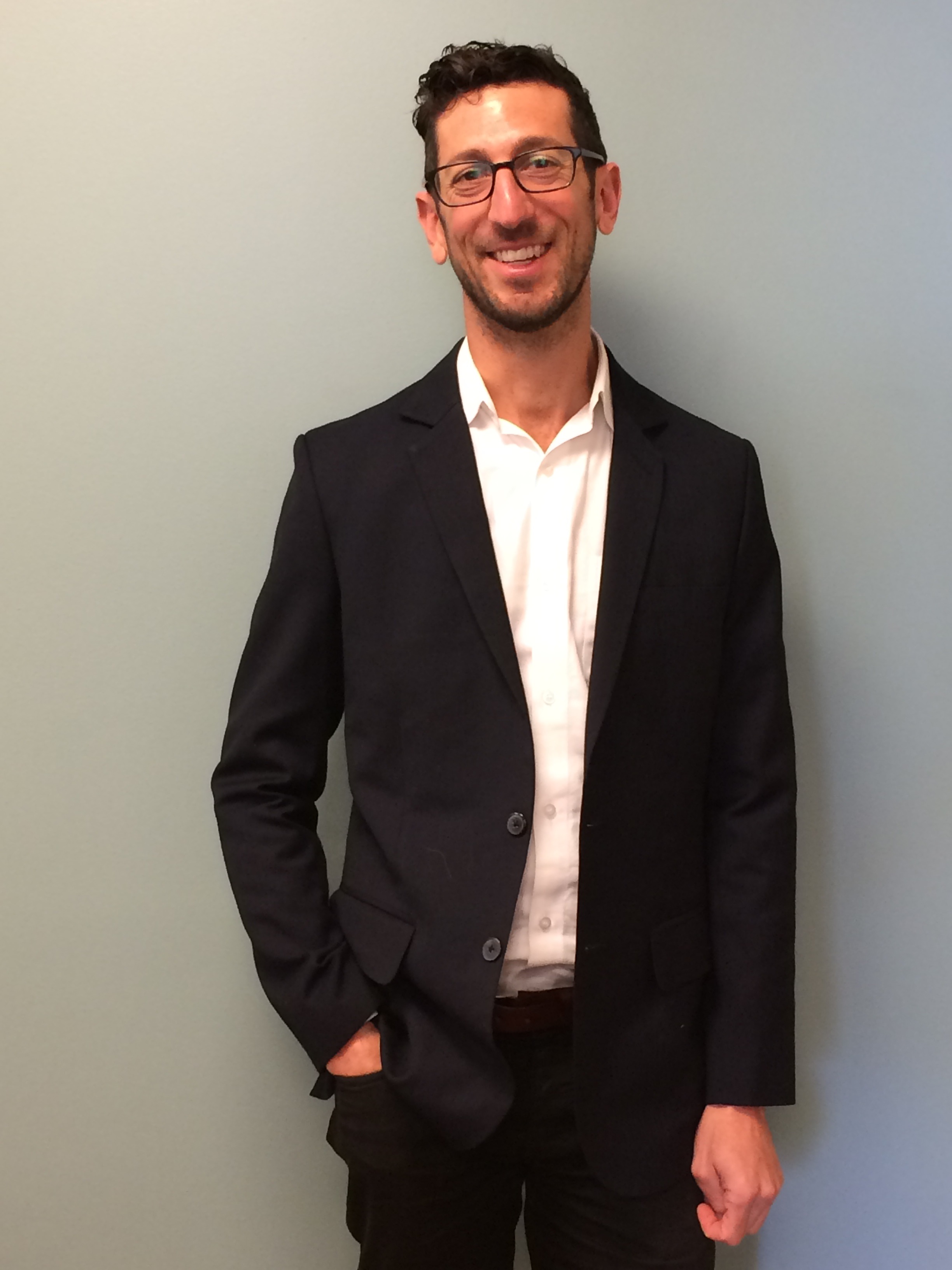 |
Speaker: Jonathan Yahalom, Ph.D. Date: Monday, June 5, 2017, 11:00 a.m. - 1:00 p.m. Location: Psychological and Medical Anthropology Lab, SSRB 331 |
Alzheimer’s in Oaxaca: Pragmatic Etiologies and the Experience of Social Suffering
This presentation addresses the lived experience of Alzheimer’s disease in Oaxaca, Mexico. Drawing on fieldwork and interviews conducted with family caregivers in the Zapotec language, this presentation explores the ways in which age-related forgetfulness serves as a prism to identify macro-level changes within the Oaxacan community. Etiological notions of Alzheimer’s disease will be analyzed in the context of this social dynamic and further assessed for the concrete effects they import on caregiving households. The lived experience of caregiving will also be explored to illustrate the way in which this practice exemplifies notions of social suffering, and how this dimension of caregiving experience reveals social attempts to address and resolve related community tensions.
Seminar 2: Salih Can Aciksoz
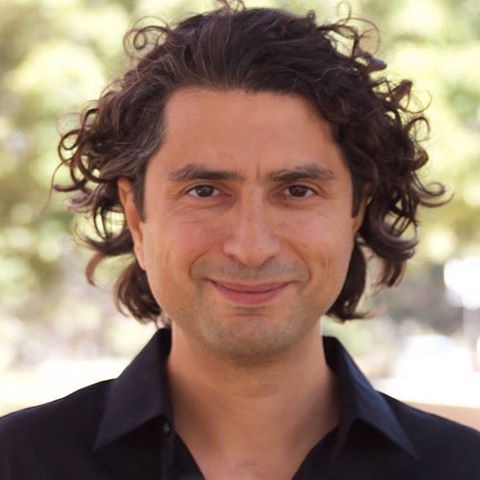 |
Speaker: Salih Can Aciksoz, Ph.D. Date: Monday, May 22, 2017, 11:00 a.m. - 1:00 p.m. Location: Psychological and Medical Anthropology Lab, SSRB 331 |
War Economies: Abandonment, Sacrifice, Community
How do veterans’ gendered experiences of war disability, care, and healing get entangled with politics? Drawing on ethnographic research conducted since 2005 with Turkish military veterans of the Kurdish conflict, this talk explores the gendered vicissitudes of medical, familial, and communal forms of care that imprint disabled urban poor veterans’ efforts to recover their health and masculinities. I illustrate how disabled veterans’ shared social suffering draw them into communities of loss as their bodies traverse zones of abandonment and sacrifice. I then show how these communities serve as spaces for both non-medicalized healing and ultranationalist political activism. From an ethnographic vantage point at the intersection of gender, health and politics, this talk illustrates how violent conflicts have long-term political ramifications through their bodily, social, and psychic effects on combatants.
Seminar 3: Jacqueline Leckie
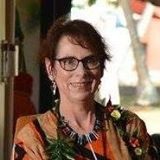 |
Speaker: Jacqueline Leckie, Ph.D. Date: Thursday, May 11, 2017, 11:00 a.m. - 1:00 p.m. Location: Psychological and Medical Anthropology Lab, SSRB 331 |
Lialia? ‘Madness’, Indigenous Fijians and the Erasure of Historical Memory in Colonial Fiji
The terms ‘madness’ and ‘erasure’ are suggestive of how the label of craziness (lialia) could marginalize and silence from historical memory Fijians with aberrant and dissident actions and thought. The most extreme silencing and erasure of insanity from the community was when Fijians were committed to Fiji’s lunatic asylum. This is one of the Pacific’s longest functioning hospitals — originally founded in 1884 as the Public Lunatic Asylum and functioning today as St Giles Psychiatric Hospital. Its patients reflected Fiji’s diverse ethnic communities, and although until the 1970s the majority were Indo-Fijians, a large proportion was always indigenous Fijians or i-Taukei. Mental illness within Fijian communities has received little attention but my research has revealed some of the mental suffering behind admissions to St Giles between 1884-1964. This raises questions about how Fijians understood and treated those with mental illness, and the process through which madness became entangled with Western biomedicine and colonial institutions of confinement. Erasure and madness could be manifested through many forms. On one level it could indicate how the real and imagined worlds of the insane have been rendered unknowable and generally lost from history, except for traces in surviving medical or court records, or in village rumor. At another level erasure could refer to the impetus to remove ‘undesirables’ from the community — a little known village nuisance or a dissident leader who challenged religious, political and traditional authority. This seminar will discuss questions about the silencing of people deemed insane in a cross-cultural context and in the colonial past.
Seminar 4: Joseph Anderson
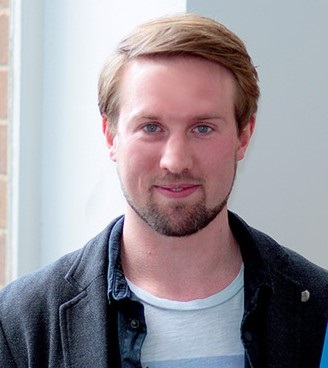 |
Speaker: Joseph Anderson Date: Monday, April 24, 2017, 11:00 a.m. - 1:00 p.m. Location: Psychological and Medical Anthropology Lab, SSRB 331 |
A Home on the Range: A Cultural and Phenomenological Account of Firearm Use in San Diego County
The gun control debate has been raging for decades but it seems that a solution to gun violence is no closer. Despite the high proliferation of firearms in American society, few long term ethnographic studies of gun owners have been carried out. This talk aims to present data from an on-going research project that focuses on several gun owning groups in San Diego County, an area with over 400,000 gun owners. Of particular interest are the sensory, embodied actions of shooting that are so important to those who shoot regularly and this talk represents a preliminary effort to take a phenomenological look at the ways in which guns can act like subjects in the lives of their owners. This gets away from the tired language of the national debate and into the day to day lived experience of gun owners. Other important themes in this field include how new forms of gun rights activism are transforming the political landscape of Southern California and how gendered understandings of gun use are being questioned by an increasing participation by women and the LGBTQ+ community. This data is still in the early stages of being processed, so various methods of interpretation will be presented with an eye towards discussing what might be “good to think with” in relation to this topic.
Seminar 5: Angel Martinez-Hernaez
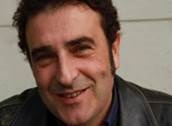 |
Speaker: Angel Martinez-Hernaez, Ph.D. Date: Monday, April 3, 2017, 11:00 a.m. - 1:00 p.m. Location: Psychological and Medical Anthropology Lab, SSRB 331 |
A Message Without a Bottle: Presence, Crisis, and Anti-biography Among People Suffering From Schizophrenia
People afflicted with schizophrenia have unusual experiences (“extraordinary conditions” following Jenkins) which find a high refraction in our Euro or Western societies. They are considered de-authorized experiences and narratives that depict unreasonableness, strangeness, otherness, difference or, through the clinical lens, diagnostic categories as notions of truth that often end up generating an idea of “total patient” who also requires “total therapy.” They are “ob-scene narratives”, in the etymological sense of the word: offstage. This presentation, based on my long-term research on the lifeworld of people suffering from schizophrenia in Catalonia, will address two aspects related to this phenomenon. Firstly, the subjective dimension, where the crisis of presence generates a plurality of perspectives inhabiting the self in a manner that the being turns into an echo of the world, a world-through-the-being producing anguish and suffering, but sometimes identity and living purposes. Secondly, these experiences are usually perceived in the social worlds as a radical alterity which canvases common sense, understood here as a cultural system. It seems that recognizing the point of view of the others afflicted with psychosis will create an otherness on the first-person pronouns (I, we) and the risk of not-being-in-the-world. Social refraction of psychotic experiences often implies the silence and the emptiness projected onto a person (stigma, social abandon), making him/her conventionally insignificant, a kind of what Terradas has defined as “anti-biography”: what is done against the life of others, and without taking their lives into account.
Winter 2017
Seminar 1: Mark Fleming
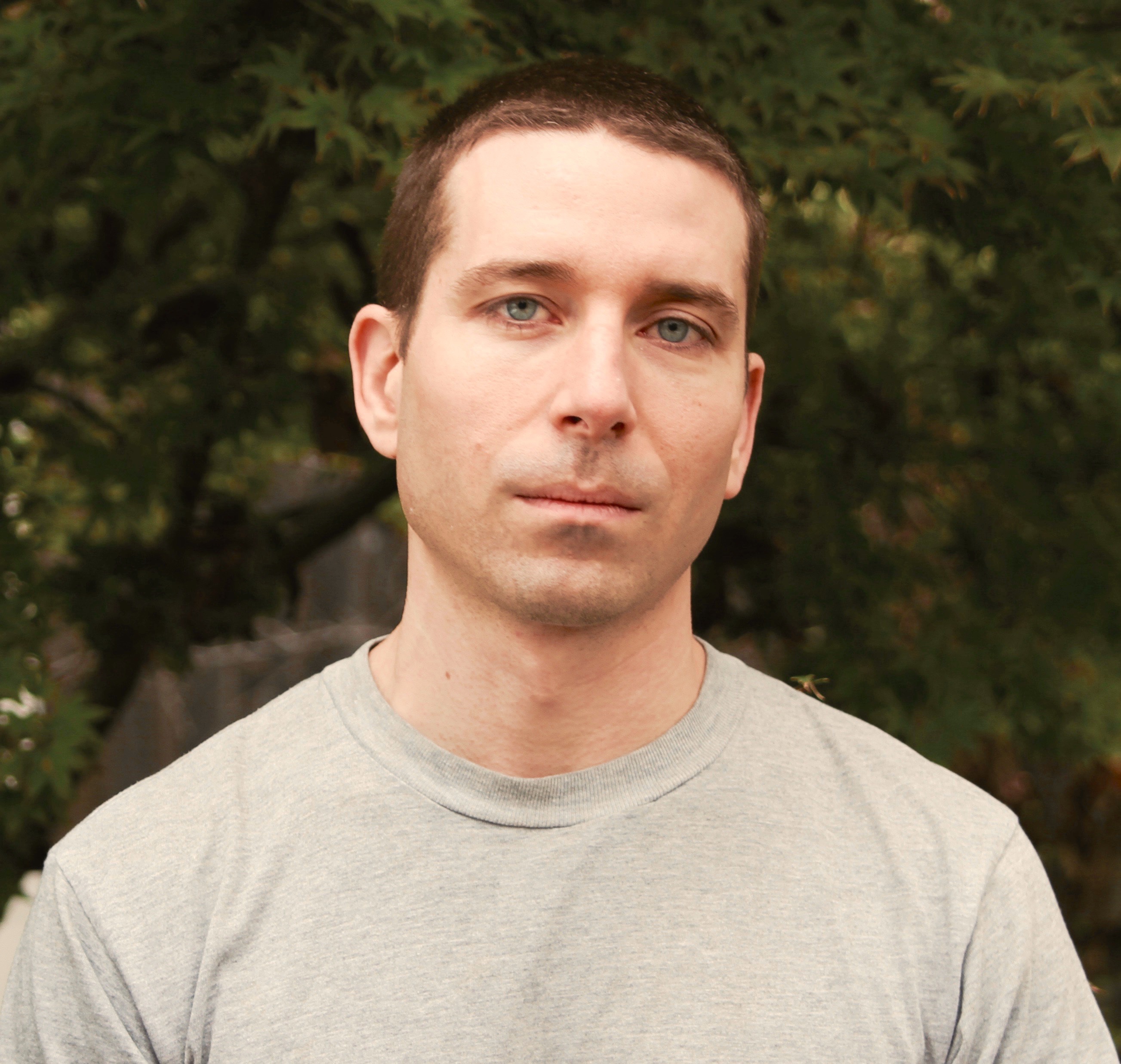 |
Speaker: Mark Fleming, Ph.D. Date: Thursday, March 21, 2017, 12:00 p.m - 2:00 p.m. Location: Psychological and Medical Anthropology Lab, SSRB 331 |
Behind the Times: Work, Neoliberal Futures, and the Politics of Chronic Disease
This talk will present findings from an ethnographic study of transit workers in San Francisco, a group with excess rates of numerous stress-related, chronic diseases. Through fieldwork in the city’s transit system, I connect conditions and stratifications of chronic disease to the political production and uses of temporality in urban governance. I then interrogate the scientific and biopolitical rationalities through which the bodily impacts of work are made legible and contested. I suggest that understandings of health and chronic disease have been remade by transformations of work in American capitalism.
Seminar 2: Arnaud Dubois
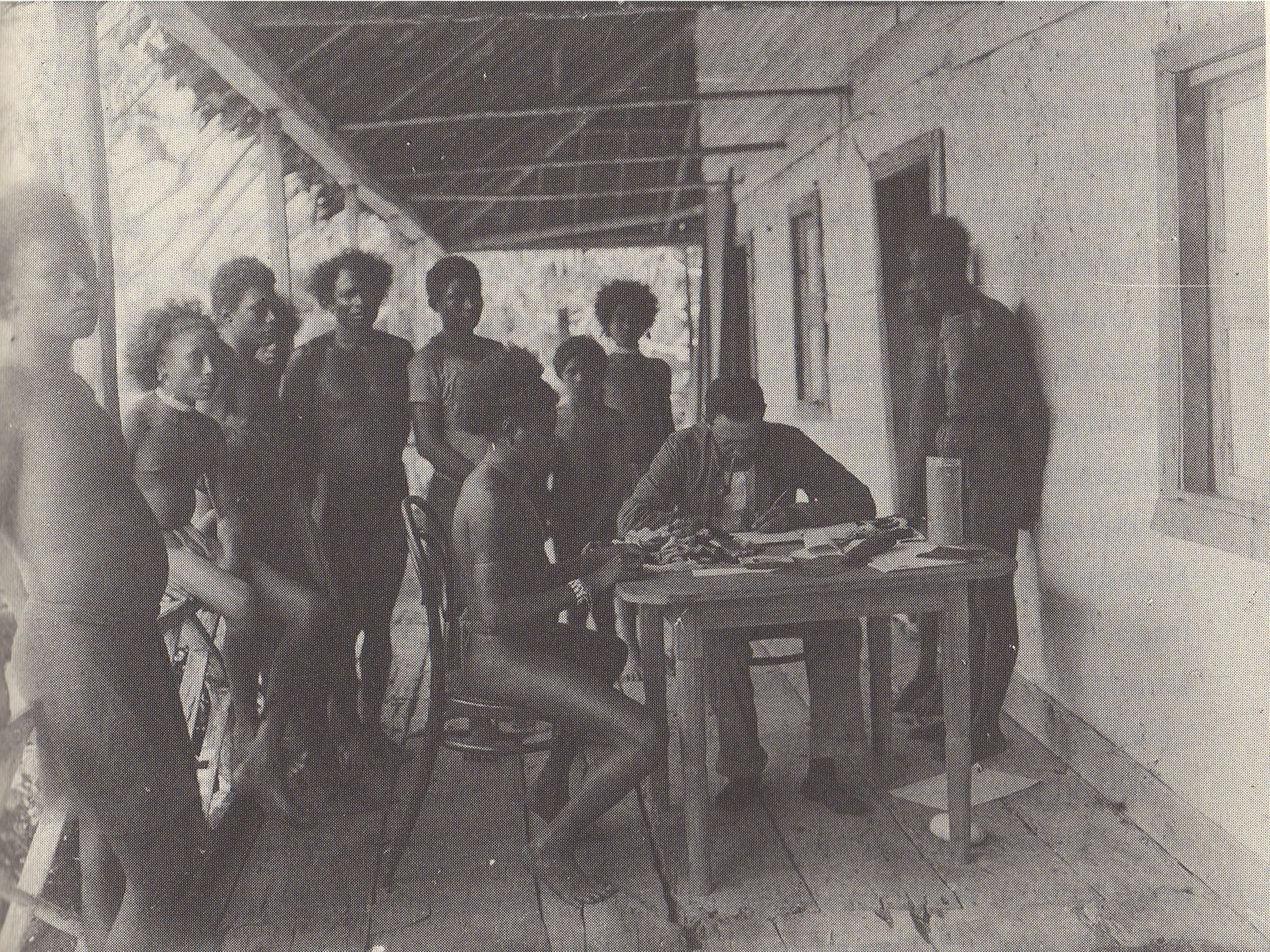 |
Speaker: Arnaud Dubois, Ph.D. Date: Tuesday, March 14, 2017, 12:00 p.m - 2:00 p.m. Location: Psychological and Medical Anthropology Lab, SSRB 331 |
Color, Anthropology, Psychology and Technosciences: Genealogy of a Shared
The shared interest of the works I will analyze in this presentation - from the late 1890’s Rivers’ Cambridge Anthropological Expedition to Torres Straits to the late 1970’s Berlin and Kay’s World Color Survey - is that they try to understand and to define the structural rules of the organization of the mind by studying chromatic discriminations and in reducing color to a perceptual phenomenon with a simple interaction between a colored object and a perceiving subject. One of the challenges of this presentation will be to show that the production of this chromatic knowledge is linked to the techno-scientific instrumental practices that allow the verification of this intellectual speculation. Indeed, this way of thinking « what is a color » is based on a series of professional practices born both in experimental psychological laboratories and in the industrial world in Europe in the mid nineteen century. By studying the construction of this powerful « naturalistic theory of color » by looking specifically at the practice of researchers, the methodologies they use and the materiality of color instruments used in their research, one sees that the dilemma between « objective versus subjective » and the necessity to choose between these two poles of analysis in anthropology is an etic perspective that doesn’t examine the historical and sociological construction of the concept of color. As Goody (1979) has rightly pointed out , "binary categories (...) have hampered our understanding of the structures of knowledge (p. 109). This process of standardization (...) is the result of the application of a graphic technique to an oral material. (139) » Can we say the same for visual and especially chromatic material? Is the « structuralism of color » the application of a binary logic to a field of plural knowledge?
Seminar 3: Dredge Byung'chu Kang
 |
Speaker: Dredge Byung'chu Kang, Ph.D. Date: Tuesday, March 7, 2017, 12:00 p.m - 2:00 p.m. Location: Psychological and Medical Anthropology Lab, SSRB 331 |
I'm Every Woman: Transsexual Womanhood, Therapeutic Citizenship, and Human Rights in Thailand
The Thai Constitution guarantees equal rights for men and women, but failed to be amended in 2007 to include “all genders.” Advocacy for transgender rights in Thailand is ongoing and contentious, with various strategies being deployed simultaneously. In the last decade, activists have been organizing to depathologize gender identity disorder as a
“severe mental illness,” use female gender identity and body modification as justification to avoid mandatory military service for those born male, and to be able to change sex designations on national identity cards and passports. However, in 2010, the celebrity activist, Nok Yollada, argued for the sexual reclassification of “transsexual ladies” as female based on the legitimizing discourse of international biomedicine. She argued that transsexualism is “a disease and not a choice.” The deployment of therapeutic citizenship as a strategy for transsexual rights, however, reinforces the biopolitics of semi-colonial sexual dimorphism (heteronormative binary gender) to the exclusion of broader gender rights, ignores historical forms of Thai transgenderism, and severs potential alliances with other sexual diversity networks.
Seminar 4: Cassandra Hartblay
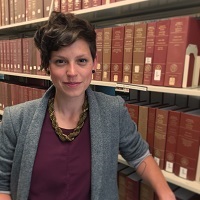 |
Speaker: Cassandra Hartblay, Ph.D. Date: Tuesday, February 21, 2017, 12:00 p.m - 2:00 p.m. Location: Psychological and Medical Anthropology Lab, SSRB 331 |
Disabling Rehabilitation: Performing Disability and Therapeutic Citizenship in Russia
How do people with disabilities understand themselves as social actors and as Russian citizens? When a group of adult Russians in their twenties and thirties with mobility impairments gathered together for a weekly art therapy group, multiple modes of performing competence, citizenship, and selfhood came into play. This presentation traces the story of the art therapy group's rehearsals and subsequent performance of several skits based on the writings of the Russian poet Aleksandr Sergeevich Pushkin, and describes the social negotiations that unfolded as group members and the facilitating social workers determined what to present and how to present it. In telling this story, I work to unpack how people with disabilities negotiate competing discourses to enact versions of themselves as morally complete citizens. In part, this work examines how notions of therapeutic selfhood move into and take on local meanings in the postsoviet context, and, how this idea is complicated in the context of persistent physical disability, wherein the individual in question is presumed by others to always be a less-than-competent citizen and cultural actor. I argue that therapeutic discourses, by seeking to rehabilitate individuals, individualize the social problem of the stigmatization of disability. Based on ethnographic research in a northwestern Russian city in the fall of 2012, this presentation combines theoretical vantage points from disability studies and medical anthropology to argue that the psychosocial therapeutic model does not effectively interrupt, but rather reproduces, disability as a relational inequality. In this way, attention to the perspectives of people with disabilities themselves recasts our understanding of therapeutic citizenship, and the project of rehabilitation as a whole.
Seminar 5: Leticia Medeiros Ferreira
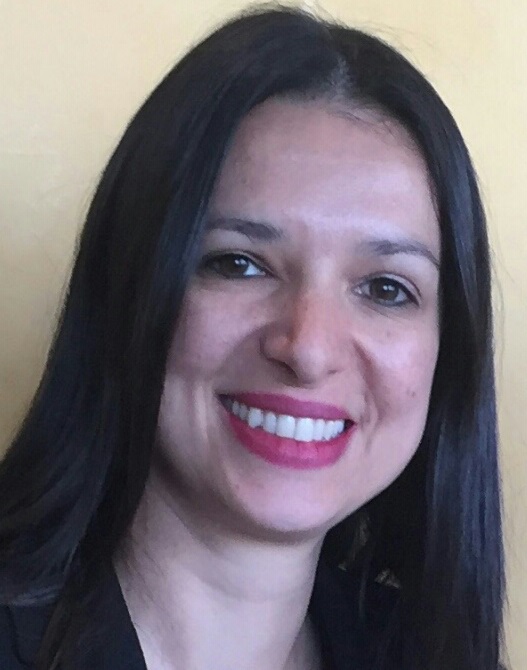 |
Speaker: Leticia Medeiros Ferreira, Ph.D. Date: Tuesday, February 14, 2017, 12:00 p.m - 2:00 p.m. Location: Psychological and Medical Anthropology Lab, SSRB 331 |
Good Practices with Survivors of Torture – The INTEGRA Project
INTEGRA evokes integral, integration, and incorporation. It's our way to address this polyhedron of experiences, of struggle, and recovery. It’s a specialized and holistic therapeutic program for survivors of torture suffering from trauma and at risk of social exclusion. Interventions are based on a combination of forces, bringing the work from different specialists all together: art-therapists, lawyers, psychiatrists, psychologists, social workers, and somatic-therapists. Dr. Medeiros-Ferreira presents the Exil Assoc. “Good Practices with Survivors of Torture” and focuses on the biography of “The Homeless Diplomat”, in order to illustrate this cultural sensitive approach in everyday clinical practice.
Seminar 6: Steven D. Hickman
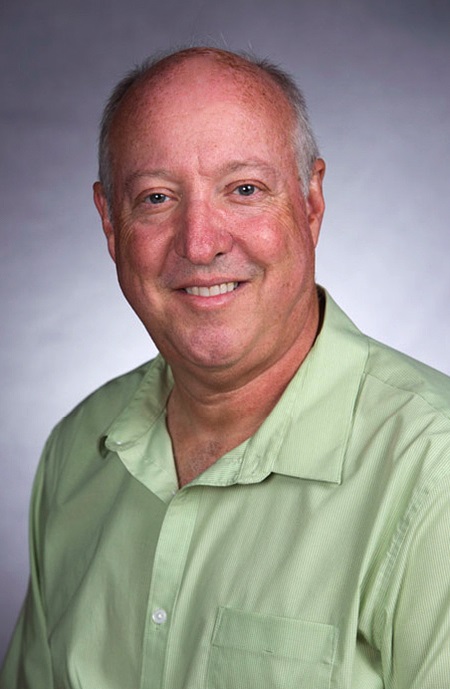 |
Speaker: Steven D. Hickman, PsyD. Date: Monday, January 30, 2017, 12:00 p.m - 2:00 p.m. Location: Psychological and Medical Anthropology Lab, SSRB 331 |
The Wisdom and Potential of Mindfulness and Self-Compassion in a Busy Life
The growing modern evidence for the transformative power of mindfulness and self-compassion practice is supporting what has been known and practiced for millennia in spiritual and religious traditions worldwide. As a result, empirically-supported mindfulness- and compassion-based programs are now being offered in medical, psychological, corporate, academic and athletic settings, just to name a few. Dr. Hickman will present a broad overview and brief experiential introductions to these practices, as well as a review of some key research findings to pique interest in mindfulness as a personal practice that might improve quality of life, reduce stress and support peak performance for those who attend. Some brief recommendations for followup learning will also be offered.
Seminar 7: Steven M. Parish
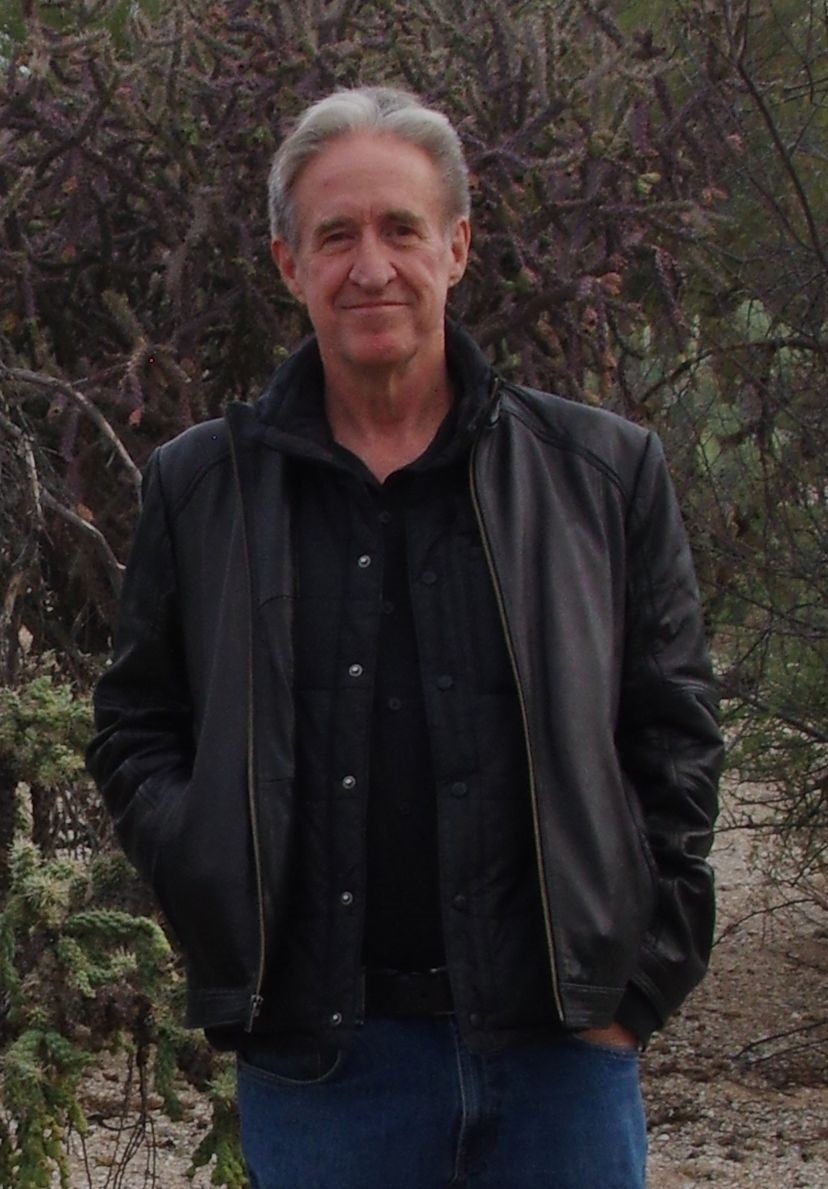 |
Speaker: Steven M. Parish, Ph.D. Date: Monday, January 23, 2017, 10:00 a.m - 11:50 a.m. Location: Psychological and Medical Anthropology Lab, SSRB 331 |
How Modern Thought Erased the Self
How can we understand the ambivalence of modern thought about the idea of self? What does it mean for the study of subjectivities and their personhoods, for moral experience and ethics? How does the history of this ambivalence shape the larger context of anthropology and psychological anthropology? How has it organized forms of ethnographic refusal? Are we at the end of this history, or is the ambivalent attitude part of a cultural system, and likely to reproduce and reassert itself? These are some of the questions posed in a work-in-progress by Professor Parish. We will have an open-ended and free form discussion of the issues and concepts, based on excerpts of the draft manuscript, and have the opportunity to think about the opportunities afforded and the constraints imposed on psychological anthropology by the cultural organization of European and North American thought and its institutions.
Fall 2016
Seminar 1: Nofit Itzhak
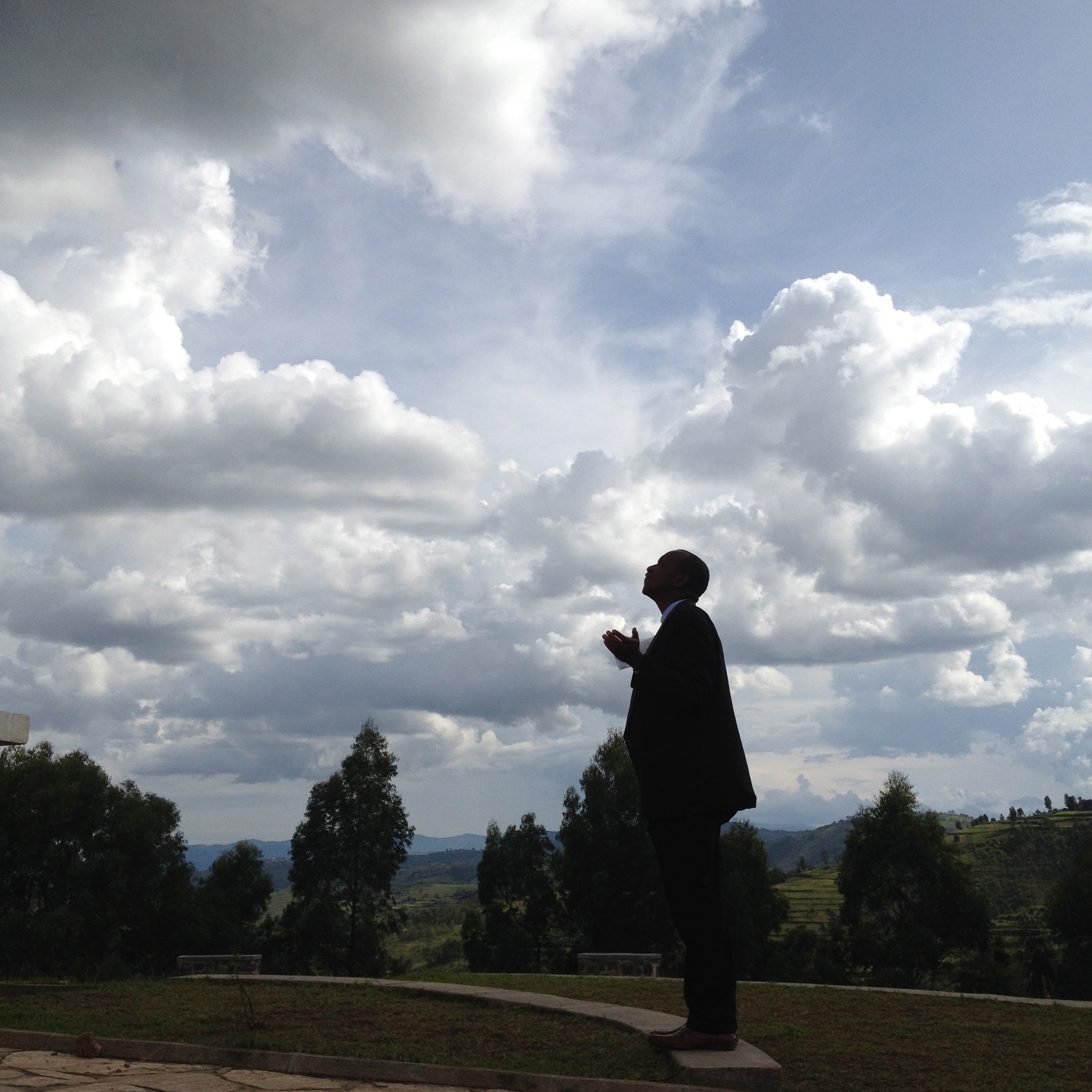 |
Speaker: Nofit Itzhak, Ph.D. Date: Monday, November 14, 2016, 12:00 p.m - 2:00 p.m. Location: Psychological and Medical Anthropology Lab, SSRB 331 |
Does Religious Healing Work? If so, how?
In this talk, I discuss how a particular form of contemplative prayer that aims to establish a co-presence with the divine facilitates healing or transformation. I focus on several cases of persons who suffered sudden and traumatic loss of close kin, examining the manners in which prayer either works or fails to elicit change. In doing so I suggest some of the possible mechanisms behind the therapeutic function of this form of prayer, asking what an investigation of religious healing has to offer us in theorizing processes of change more broadly.
Seminar 2: Ted Gideonse
|
Speaker: Ted Gideonse, Ph.D. Date: Friday, October 28, 2016, 12 - 2 p.m. Location: Psychological and Medical Anthropology Lab, SSRB 331 |
Seminar 3: Dredge Byung'chu Kang
|
|
Speaker: Dredge Byung'chu Kang, Ph.D. Date: Monday, November 28, 2016, 12 - 2 p.m. Location: Psychological and Medical Anthropology Lab, SSRB 331 |
Spring 2016
Seminar 1: Thomas Ots
|
Speaker: Thomas Ots, MD, Ph.D. Date: Monday, April 11, 2016, 12 - 2 p.m. Location: Psychological and Medical Anthropology Lab, SSRB 331 |
The End of the Meridian System? Thoughts on a Paradigmatic Shift in Chinese Medicine
In medicine, it is unimportant whether a certain culture-specific view is right or wrong. It is of importance whether a certain view is helpful, whether it empowers healers as well as patients. Acupuncture as part of traditional Chinese medicine was guarded and led by well-known concepts and theories like the yin-yang theory, the meridian theory, the theory of five phases and others. Acupuncturists over the centuries and under the guidance of these theories were able to cure and heal diseased persons. At present at least one of these theories faces a paradigmatic shift – the meridian or channel theory (经络理论). As early as 1978 Chinese doctors of traditional as well as conventional (Western) medicine looked for new ways how to substitute the concept of meridians. One of these new explanatory models was based on segmental anatomy, a view of human biology put forward by the British neurologist Henry Head in 1894. However after the official end of the “Great Proletarian Cultural Revolution” in 1978 these modern views were dumped, because the Cultural Revolution was criticized due to its political upheavals. In 2005, Prof. Huang Long-xiang, Vice President of the Acupuncture Research Institute of the Academy of Traditional Chinese Medicine in Beijing and Editor-in-chief of Acupuncture Research and World Acupuncture wrote: “The Channel Meridian theory has successfully accomplished its historical mission of preserving and developing acupuncture; now it has become the narrow neck of the bottle which is impeding the further development of acupuncture medicine in the 21st century.” However, this showed to be a solitary statement which obviously was pulled back some time later.
Thomas Ots will discuss the cultural, social as well as political implications of the slow speed of this
paradigmatic shift – a shift that probably got stuck.
Seminar 2: Utpal Sandesara
|
Speaker: Utpal Sandesara, MD-PhD Candidate, University of Pennyslvania Date: Friday, April 29, 2016, 10 a.m. - 12 p.m. Location: Psychological and Medical Anthropology Lab, SSRB 331 |
The Necessary Sin: Pragmatism, Moral Dilemmas, and Bargaining with God in the Context of Sex-Selective Abortion in Western India
Over the past three decades, kinship norms and biomedical practices in northwestern India have converged in a widespread and troubling form of family planning: the selective abortion of female fetuses. This presentation draws on four years of fieldwork in the vicinity of Mahesana, a western Indian city with the most skewed sex ratio (ages 0-6) in the country: 762 girls per 1,000 boys. I first provide an overview of the sex selection issue in Mahesana and my research on it. I then specifically consider the notion of a “necessary sin,” using the story of one couple—Meena-be and Gajendra-bhai—to open up questions of sex selection’s perceived necessity, its perceived sinfulness, and its relation to what we might call reproductive agency vis-a-vis the divine.
Fall 2015
Seminar 1: Héctor Pérez Ruvalcaba
|
Speaker: Héctor Pérez Ruvalcaba, MA Date: Friday, October 23, 2015, 10 a.m. - 12 p.m. Location: Psychological and Medical Anthropology Lab, SSRB 331 |
Organ Donation: Embodiment and Experience in Kidney Donors in Western Mexico
My research project seeks to understand how, from the theory of embodiment, kidney donors re-signify themselves subjectively and inter-subjectively based on the different wisdoms around the kidney donation itself. For that purpose, I rely on the following analytical categories: Biopolitics, to focus on the discourses, rulings, and regulations that police and produce the organ donation phenomenon; Bodily experience, a culturally ruled somatic practice; Body synthesis between the pre-objective and the habitus; Local wisdom concerning kidney donation, inter-subjective rulings about the reality. For more than ten months, I conducted my fieldwork in different kinds of civil associations, relating myself with donors and their families. This group of people lack social welfare and face grave disadvantages in accessing medical treatment. Kidney failure represents a dangerous problem in the Mexican state of Jalisco. According to the USRDS (2013), in 2011, there were 527 cases diagnosed for every million people, this means the rate puts Jalisco above whole countries, like the United States, Taiwan (2010), and Japan, with 362, 361, and 295, respectively. My interest in kidney donors emanates from personal experience; I myself am an organ donor, which led me to inquire about this phenomenon from a live kidney donor perspective. It is common that academic researchers focus on the receiving end of the donations, leaving aside what happens to the donors themselves.
Winter 2013
Seminar 1: Bridget Haas
Speaker: Bridget Haas, UCSD Anthropology
Date: Friday, January 18, 11 a.m. - 1 p.m., SSB 105
“It’s a Matter of Life and Death”: Uncertainty, Temporality, and Suffering within the U.S. Political Asylum Process
This presentation will draw on research from my doctoral dissertation, in which I investigated the lived experiences of migrants seeking political asylum in the United States. I highlight the ways in which the (hyper)visibility and institutional/governmental ‘management’ of asylum seekers produces a sense of profound insecurity and uncertainty that permeates the quotidian for these migrants. In particular, this presentation will focus on the intersection of power, temporality, and subjectivity as it relates to suffering within the context of asylum seeking. I argue that the structural positioning of asylum seekers as ‘neither here nor there’ critically transfigures the self’s relationship to space and time, evoking a state of what I term ‘existential limbo,’ in which life and processes of meaning-making are experienced as immobilized. I will explore not only the subjective and embodied dimensions of suffering as they relate to space and time within this context, but also consider asylum seekers’ everyday strategies of enduring and navigating the onerous and protracted process of seeking asylum.
Seminar 2: Charlotte van den Hout
Speaker: Charlotte van den Hout, UCSD Anthropology
Date: Friday, February 15, 11 a.m. - 1 p.m., SSB 105
Redefining "Good" Female Personhood: Treating Borderline Personality Disorder at a Psychiatric Hospital in Morocco
These two dissertation chapters explore the diagnosis, treatment, and experience of borderline personality disorder (BPD) on the women's ward of a psychiatric hospital in urban Morocco. In the first of these, I examine how psychiatrists' understanding of this disorder engages with local gender norms and cultural definitions of "good" female personhood. The second chapter takes up this issue from a person-centered perspective, and analyzes the lived experience of a woman with BPD, who struggles to define herself as a person and as a woman.
The dissertation as a whole examines how psychiatric practice engages with and shapes changing female gender role-expectations in Morocco. Over the past twenty years, unprecedented socio-economic reform in this postcolonial Muslim society has triggered a shift in the definition of local gender norms; taking this development as my point of departure, I analyze the practices and ideas that frame the treatment of two disorders that are diagnosed almost exclusively among women: hysteria and borderline personality disorder (BPD). Critical scholarship in gender studies has shown that each of these diagnostic categories has been complicit in efforts to subject women to repressive gender norms. My research goes beyond these insights: I show that psychiatrists in Morocco employ these diagnostic labels not to enforce local behavioral norms, but to question them. I argue that treatment of these disorders – both commonly diagnosed in Morocco – creates an opportunity for the redefinition of ‘ideal’ female personhood. Where symptoms of hysteria are interpreted as the result of repressive ‘traditional’ gender norms, BPD is understood as the outcome of a modernization that is too ‘Western’. In the process of diagnosing and treating women for these two disorders, I argue, psychiatrists actively construct a new model of ‘good’ female personhood that is at once ‘healthy’ and ‘modern’, yet still culturally and islamically legitimate. Through in-depth analysis of the lived experience of female patients, I show that these women take an active part in this process of redefinition. For them, recovery and treatment are a struggle to reconcile new ideals with established value systems, but also hold a promise of empowerment.
Seminar 3: Ted Gideonse
Speaker: Ted Gideonse, UCSD Anthropology
Date: Friday, March 1, 3 p.m. - 5 p.m., Spiro Library (SSB 269)
Productive Members of Society: Tactics and Strategies of HIV+ MSM Who Use Meth In San Diego
In San Diego, the collection of government and non-government organizations that focus either partly or exclusively on meth use and its sequelae like HIV, homelessness, addiction, and crime comprise what I call the anti-meth apparatus. Like most Foucaultian apparatuses, the anti-meth apparatus is not a united front; it is “a thoroughly heterogeneous ensemble” of competing and confused discourses, institutions, regulations, laws, and procedures (Foucault 1991:194). However, this confusion belies the goal that both sides share: the creation of a healthy, drug-free, law-abiding subject, a “productive members of society.” In attempting to shape (construct, interpolate) these subjects, the men and women who work in the anti-meth industry pull from moral discourses of good and right behaviors that contrast and define bad and wrong behaviors: which synthetic substances are allowed in the body, how good and productive citizenship is defined, what responsible health behaviors are expected. In turn, those who are able or willing to develop the correct subjectivities are rewarded with services, care, and entry into the fold, while those who cannot or will not are cast, somewhat literally, over the walls, behind the fence, and into the canyons that line San Diego’s landscape like cracks in a broken windshield. Based on two years of fieldwork doing person-centered ethnographies of HIV+ men who have sex with men, this paper describes how my three of research subjects negotiated complex and fraught performances in order to access the care, services, and shelter they needed to survive. Whether it was by transforming themselves into recovering addicts in the structures of 12 step programs, learning how to manage the presentations of their addictions so that they could pass as a sober when in the “normal” world, or developing a network of charitable assistance through strategic recitation of prohibitionist discourses, three of my research subjects exemplified the tactics used by addicts to survive within the waving, weaving tentacles of the anti-meth apparatus.
Seminar 4: Jessica Novak
Speaker: Jessica Novak, UCSD Anthropology
Date: Friday, March 1, 3 p.m. - 5 p.m., Spiro Library (SSB 269)
Political Violence and State Subsidized Psychological Services: Contradictions in Public Health Policy and Clinical Narratives in Cartagena, Colombia
This paper examines how Colombian patients in the northern city of Cartagena learn to reframe their experiences of political violence and insecurity in mental health settings. In Colombia, the ongoing internal armed conflict and associated drug violence have resulted in the eighth highest homicide rate in the world and an Internally Displaced Person (IDP) population that is second only to South Sudan. In spite of these facts, the 2012 United Nations survey of ‘happiest countries’ ranked Colombia in the top ten percent of all member nations. Some scholars have argued that security and well-being are mutually constitutive categories, writing off Colombia as a paradox. I argue that Colombia’s 1993 national health care reform, leading to a 500% increase in the number of residents with access to state subsidized mental health services, provides an excellent ethnographic lens for examining the apparent security/well-being paradox. Drawing from fieldwork in two of Cartagena’s three mental health clinics, I claim that the extension of biomedical citizenship to formally marginalized citizens has allowed the state to consolidate power in what Das and Poole call “the margins,” while furthering what Jenkins (1991) describes as “the state construction of affect” by transforming the meaning of political violence and trauma through carefully articulated discourses about mental illness and personal recovery.
Fall 2012
Seminar 1: Angela Wood
Speaker: Angela Wood
Affiliation: Medical Humanities researcher Durham University and co-director of ‘Hearing the Voice’
Date: Thursday, October 18 (2 - 4 p.m., Spiro Library)
The Voice Hearer
Professor Angela Wood is a medical humanities researcher at Durham University. Her research is aimed at gaining a better understanding of the social, cultural, and historical phenomenon of auditory hallucinations, as well as other so-called psychopathological experiences. She is the co-director of ‘Hearing the Voice’, a large, interdisciplinary project focused on studying the phenomenon of voice-hearing. She is also a collaborator on “Emotional Experience in Depression: A Philosophical Study.
Seminar 2: Adam Klin-Oron
Speaker: Adam Klin-Oron
Affiliation: Lecturer at the Hebrew University of Jerusalem and researcher at the Van Leer Jerusalem Institute. Currently a Morris Greenberg post-doctoral visiting scholar at UCSD.
Date: Friday, November 2 (11 a.m. - 1 p.m., SSB 105)
Merging with Heaven: Observations from a Channeling Course
Channeling, in which a person claims to bring through the messages of a disembodied entity (angel, light being, sage, God, and others), sees every person as having infinite potential for both self-control and access to the divine. On the basis of participant observation in an Israeli channeling course, I show how learning to channel involves the explicit presentation of a unique cosmology, but also the implicit fostering of experiences that bolster the reliability of the cosmology, and this through a series of ordered exercises. Practice, phenomenology and cosmology intertwine so as to bring about a substantial shift in the perception of the world and make that which was previously invisible quite tangible.
